New Projects
"Knowledge and Perception of Influence of Climate Change on Home Management Of Malaria among Mothers of Under Five Children in Lagos State, Nigeria"
AbstractClimate change is one of the challenges impeding malaria elimination. In view of the increased risk of malaria, which remains a major public health burden, projected to be experienced worldwide particularly in malaria-endemic areas such as Nigeria, efforts towards achieving the malaria elimination targets may be undermined. This study is designed to examine the knowledge and perception of climate change and vulnerability to increased risk of malaria, and assess household resource allocation for malaria management among mothers of children under five years in communities of Lagos State, South West Nigeria documented as one of the few examples of cities at risk from impacts of climate change including floods or sea level rise in the world. This study is mixed methods in design with a combination of cross-sectional and retrospective study designs. Data collection involves a household survey, focus group discussions and key informant interviews, and the retrospective aspect involves the collection of meteorological records and epidemiological data on malaria cases for the 5 selected LGAs and Lagos State in general. The study is highly promising for the expansion of knowledge in the field of medical sociology and anthropology especially as it relates to malaria control. The study is quite relevant to public health effect of the climate change phenomenon. It will contribute strongly to the current debate in the field. The study will provide more explanation on the confounding factors such as perceived risk of exposure to vector-borne diseases like malaria among vulnerable populations like under-five children. I believe that the outcome of the study will provide evidence-based information for delivering culturally acceptable, cost-effective and sustainable malaria control programmes in the study areas and indeed nationally.
Adeniyi K. Adeneye
University of Ibadan
oakadeneye@yahoo.co.uk
"Industry, Environment and Human Survival in the Age of Import-Substitution Industrialisation in Nigeria, 1945 – 1986"
AbstractHuman survival caused by environmental pollution and degradation is part of prevalent social, economic and health issues that is consequent on industrialisation. In the case of Nigeria, research and empirical evidences shows that they are partly challenges inherent in poor industrial and urban planning in the age of Import Substitution Industrialisation that Nigerian governments embarked on from 1946 to 1986 as a measure to break-off the shackles of economic dependency. Effect of this in different industrial estates across Nigeria, especially in Lagos and Ibadan has been devastating.
Jacob Olaoluwa Adesina
University of Ibadan
"'Change the Face of Our land': Technology and the Transformations of Non-Human Ecologies and Disease Environments in the Volta River Basin of Ghana (1952 - 2015)"
AbstractIn September 1965, Ghana's first president Kwame Nkrumah turned on the hydroelectric power switch at Akosombo. This gesture signalled a realisation of a part of the Volta River Project [VRP] that had been planned by the British colonial government. In his state led scientific socialist agenda, Nkrumah saw the project as the engine for 'industrial modernism'. He in a 1952 speech had said that nobody would be worse off when the project got completed. The Preparatory Commission established to study the feasibility of the project took Nkrumah's words seriously. But the Commission, like many of the actors, were anthropogenic and were invested in the modernist idea of subduing the environment for the benefit of humans. How can we decentre humans and co-constitute human-non-human ecologies to tell the history of the Volta River Project? How did the non-human ecologies change as a result of the project? How can this tantalising ecological entanglement contribute to our understanding of the economic life of large infrastructural projects that characterised the 1960s African modernisation?
Kwabena Agyare Yeboah
University of California, Santa Barbara
agyare@ucsb.edu
"'Bend-down Boutique': Secondhand Economy in Twentieth-Century Ghana"
AbstractIn February 1969, at a moment of economic and political turmoil in Ghana, the Ghana National Association of Motor Dealers and Repairers called on the government to ban "aliens," such as Syrians, Lebanese and Nigerians from trading in secondhand motor spare parts, used cars and running mechanical shops in the country. The association urged the government to recognize its members as "the only legally authorized dealers in secondhand vehicles trade in Ghana" (Daily Graphic, 1969). One month later, the Ghana Police arrested 40 dealers in secondhand clothing, popularly known as Obroni Wawu and seized huge quantities of secondhand clothing (Daily Graphic, 1969). The dominance of foreigners in secondhand businesses, as well as the arrest and seizure of secondhand dealers and their commodities marked the influx of secondhand goods in Ghana and the controversies that characterized the secondhand economy. This project explores the secondhand economy in Ghana from the 1930s to the 1990s. Using a broader and more inclusive approach, this project examines the trade in secondhand commodities specifically automobiles, automobile spare parts, clothing, and electrical household appliances such as refrigerators, and how the consumption of these goods shaped the daily lives of everyday Ghanaians. The trade in and consumption of secondhand commodities such as automobiles, automobile spare parts, clothing, and electrical household appliances further allows us to explore histories of fashion, mobility, transportation technologies, the environment, home making, domesticity, and modernity in Africa.
Christabel Agyeiwaa
University of California Santa Barbara
agyeiwaa@ucsb.edu
"Colonial Taxation and Fraud in Nigeria: A Case of Igalaland"
AbstractTax fraud, which involves willful or intentional act of failure to pay tax or meet tax obligations is a crime that is perpetuated at different levels by taxable adults, tax administrators, the superrich and multinational corporations. In colonial Africa, tax frauds at these different levels were not only carried out, but the taxes collected were sometimes stolen by administrators and traditional rulers. In colonial Nigeria, especially in Igalaland of central Nigeria, following the introduction of direct taxation between 1903 and 1919, some taxable adults failed to pay their taxes by using methods such as migration, hiding in bushes and open refusal to pay –sometimes violent. Some traditional rulers and tax administrators were also involved in various tax frauds, which include theft of what was collected. Similarly, some foreign trading firms and colonial institutions used clandestine methods to carry out tax frauds in colonial Igalaland. Despite evidence of tax frauds in colonial Nigeria, not much has been written on it. Therefore, most often than not, tax fraud has largely been seen as a post-colonial phenomenon, rather than a historical continuum, rooted in colonial legacy. Works on colonial taxation in Nigeria, are largely on tax policy, protests or riots and assessment. The history of tax fraud in colonial Nigeria is important in order to situate the present tax frauds in historical context. This is imperative because tax fraud has continued to jeopardize public interest with countries losing billions of tax revenue through tax havens and illicit financial flows. To achieve this, primary sources such as archival materials, court records and interviews shall be used for historical reconstruction. Similarly, relevant secondary source materials shall be used. These sources will be relevant in examining what constituted tax fraud, types of fraud and how they were handled in colonial Nigeria.
Keywords: Colonialism, Foreign Firms, Fraud, Nigeria, Tax
Abdulkadir Aikoye Baba
Federal University of Kashere
abdulkadir2010@gmail.com
"Timber and the Qingshui River Basin of Guizhou Province"
AbstractThis dissertation uses the case study of indigenous timber plantations in the Qing dynasty's southwest frontier to re-interrogate current scholarship on the formation of commodity frontiers, which rests on macro-historical processes of capital accumulation or state expansion as explanatory factors. Using non-state "popular documents" written and preserved by subjects indigenous to the highlands of Qing southeastern Guizhou from the 17th century to the 20th century, this study affirms the broad outlines of the state expansionist model, while arguing that state capacity to maintain property rights and popular welfare, accommodations to forest cultivators, changing technical requirements from consumers, and shifts in commodity market integration were under-appreciated factors that had an impact in the long-run viability of a timber export based economy. These findings underline the limits of theories built on a small subset of European experiences, and affirms prior scholarship on the mixed impact of involvement in natural resource exports for peripheral economies.
Xavier Ante
University of Chicago
"Cooling the Tropics: Encountering New England Ice in Colonial Calcutta"
AbstractIn September 1833, a ship bearing 100 tonnes of ice from Boston arrived at the port in Calcutta. Examining the ice trade that thrived in Calcutta between the 1830s and the 1870s, this project studies how popular reactions to the commodity were interlaced with themes of climate, health, and urbanization. From 1833 onwards, ice was imported to Calcutta from Massachusetts and the city remained one of the most profitable centres for ice trade in the country. I hope to understand how the discourses built around the myriad uses of ice as a palliative, a natural food preservative, and an accompaniment to drinks were intertwined with Calcutta's weather. The construction of the ice house in Calcutta, from subscriptions by European and Indian residents, raises questions about the connection between race, class and the consumption of ice that I hope to address. Observing the ice trade in Calcutta from its inception to its decline in the 1870s, I will investigate the transition of ice from a luxury item for the elite into a regular commodity that common people could access.
Isti Bhattacharya
Indiana University Bloomington
"The Rowdy Rains: A History of Cyclones In The Nineteenth-Century Odisha"
AbstractOdisha (previously known as Orissa), one of the states in India, is frequently struck by cyclones almost every year. Situated on the eastern coast of the country, facing the Bay of Bengal region, the state has been prone to cyclonic storms even in the past, resulting in huge loss of lives and properties. However, there is a dearth of historical studies focusing on the history of climate and environment in this region, particularly that of the history of cyclones. To fill this historical gap, and in light of emerging climatic concerns across the world, this project aims at studying the intellectual, political, as well as socio-economic history of cyclones in nineteenth-century Odisha, a period in which the region was under the occupation of British colonial rule. One of the central objectives of this project is to analyze the development of the scientific discourse concerning cyclones in tandem with the indigenous knowledge about cyclones in Odisha. This will be an analysis of both systems of knowledge in building an understanding of natural disasters. The project will begin with the hypothesis that there is a fine balance between the agency of humans and the forces of nature when it comes to determining the adverse effects of natural disasters like cyclones. In this regard, the study will assess the preparedness of the colonial state in facing cyclonic storms, including the extent to which these measures were in line with humanitarian and environmental concerns as opposed to the aim of maintaining the colonial regime. The study will also examine the resilience of the indigenous population during these difficult times, evaluating how different policies implemented by the government may have provided a safeguard from or further exacerbated the disastrous impact of cyclones. Methodologically, the project will follow the approach of cultural climatology, i.e., studying climate and environment through the lens of culture and society. This approach will aid in assessing the impact of human activity on the environment and vice-versa. A cultural climatological framework would benefit the study by providing the perspectives of both the colonial state and the indigenous population of Odisha about cyclone-related issues.
Pratiksha Bhattsamant
Georgia State University
"Orphans of Matobo? Comparing BaKalanga displacement from and Animals displacement to Chipangali Animal Orphanage"
AbstractIn 1926, the Rhodesian colonial state created the Matobo National Park. That led to forced displacements of BaKalanga communities from ancestral land around the Matobo hills. In 1974, Chipangali wildlife orphanage was established on the north-eastern shoulders of Matobo. This land which was home to BaKalanga communities, was turned into a home for animal orphans. BaKalanga narratives suggest that after displacement, they began living like 'orphans' outside their ancestral land. Memories of displaced communities embalm the evictions as a struggle against being treated as animals. Paradoxically, animals in Chipangali struggle against being treated as people in the orphanage. Animals in the orphanage are not always Matobo orphans, they are mainly animals displaced to Matobo. On the other hand, humans are Matobo orphans. This article seeks to compare and explore the livelihoods of human and animal orphans in Matobo. It uses ethnography to compare Matobo orphans. The article uses narratives from orphans and their families in Tshalimbe, a village to the south of Matobo. The research used random purposeful sampling to get narratives from orphans of parents whose origins can be traced to the area where Chipangali is currently located. By investigating those BaKalanga narratives in areas where they were resettled, this article analyses their everyday experiences as orphans and compares and contrasts those experiences with those of animal orphans in Chipangali. The article argues that comparing Matobo animal and human orphans provides a new window for peeping into the wide discourse of colonial displacements from ancestral land.
Simon Bvurire
University of Zimbabwe PhD student
sbvurire@gmail.com
"Technologies of Atlantic Slavery: Colonial Objects of Modernity, African Technologies, and Contested Geographies"
AbstractWilliam James Carter (he/him) is a PhD Student and Fulbright Scholar from SE London, England, in the Geography Department at the University of California, Berkeley. He is also part of the Berkeley Black Geographies Project. He works within the Berkeley Black Geographies Project, studying the aquatic histories of the Atlantic World and the Trans-Atlantic Slave Trade. He examines the origins of racialisation and the process by which Blackness became associated with danger by sequentially theorizing the experiences of the enslaved through the contested geographies of riverine and littoral waterscapes of west/central Africa and the slave ship. William will use his fellowship to fund his pre-dissertation archival research in London, England this summer. During his time in London, William will visit the British Library, National Archives (UK), and Greenwich Maritime Museum, where he will explore slave ship logs, maritime insurance records, maps, and nautical charts and correspondence. This preliminary research will enable him to better map and understand the archives available at these sites, begin to cite and note relevant catalogues and become more familiar with the archival staff and research librarians at these archival sites. He plans to use this research to formulate and defend his dissertation prospectus in Fall 2023 as he prepares for his dissertation research starting in Spring 2024.
William James Carter
University of California, Berkeley
Web
"Private joint stock companies and government relations in the Cape Colony, 1892-1902"
AbstractIn September 1833, a ship bearing 100 tonnes of ice from Boston arrived at the port in Calcutta. Examining the ice trade that thrived in Calcutta between the 1830s and the 1870s, this project studies how popular reactions to the commodity were interlaced with themes of climate, health, and urbanization. From 1833 onwards, ice was imported to Calcutta from Massachusetts and the city remained one of the most profitable centres for ice trade in the country. I hope to understand how the discourses built around the myriad uses of ice as a palliative, a natural food preservative, and an accompaniment to drinks were intertwined with Calcutta's weather. The construction of the ice house in Calcutta, from subscriptions by European and Indian residents, raises questions about the connection between race, class and the consumption of ice that I hope to address. Observing the ice trade in Calcutta from its inception to its decline in the 1870s, I will investigate the transition of ice from a luxury item for the elite into a regular commodity that common people could access.
Munashe Tazorodzwa Chideya
Stellenbosch University
munashechideya@gmail.com
Web
"Concrete and the Construction of China: The Environmental History of "Building Socialism," 1949-1978"
AbstractIn recent decades, concrete buildings, dams, and factories have become a symbol of China's economic rise and, increasingly, the ecological destruction wrought by this rise. This dissertation examines how and why the PRC's concrete industry grew in the Mao era (1949-1978) from a handful of factories reliant on foreign equipment to a large industry ready for global ascension. Beyond production numbers and output, I focus on understanding how and why people used concrete and what impact different types of design, production, and construction had on the nonhuman environment. Concrete usage depended on global discourses and technologies of construction, political economic trends within China, local builders and cadres' goals, and the environmental conditions around individual projects. While leaders such as Mao Zedong had lofty goals for the process of "building socialism," actual builders contended with constant supply issues and shortages. To complete a project, they had to compete for resources, rework their designs on the fly, and mix in locally available materials such as bamboo or brick. The experimental and at times haphazard nature of these projects affected their aesthetic forms, their structural reliability, and their ecological effects. By tracing multiple concrete projects from design to construction to environmental legacies, this dissertation shows how "building socialism" remade the built and natural environment of China.
Niall Chithelen
University of California, San Diego
"Theories of life, labour and capitalism between plantation and Penrhyn Quarry, 1840 - 1900"
AbstractMy project looks at the Pennant family and the labour history of their estates in Jamaica and North Wales. From the 1780s the Pennant family simultaneously owned and oversaw the management of sugar plantations in Jamaica and Penrhyn slate quarry in North Wales. Focusing on the period between 1840 and 1900 my research project considers indentured in Jamaica and 'free' labourers in Jamaica and North Wales' theorisation of life, labour, capitalism, and the relations in which they were engaged in, on these distinct but connected sites of commodity production. I hope to identify the symbiotic processes and currents of thought that existed in and between these labouring communities in the Caribbean and Britain, exploring their similarities and divergences. I will also examine how labourers theorisations, engaged with, influenced and contradicted those of the Pennant family, the family's intermediaries and the state.
Siân Davies
University of Edinburgh
"Protecting the nature of the empire: the Niokolo-Koba National Park, Senegal, c. 1950-1980"
AbstractThe imperial dimension of nature protection and national parks in Africa is a topic well explored by the literature. However, the historiography has tended to focus on the British empire, neglecting the French colonial domain. This project aims at filling this historiographical gap by studying the Niokolo Koba National Park, located in Senegal. Based on pre-existing hunting and forest reserves, the park was established in 1954. It survived the independence in 1960, and became a UNESCO Biosphere reserve in 1981. My research project examines the actors and interests involved in the creation and management of the park under French colonial rule, and their revamping during and after independence, until the park formally integrated the global network of nature protection. Special attention will be paid to the personnel and techniques involved in the management of the park, the representation on which they rely, and their practical consequences. The project will study the strategic dimension of the park for the French imperial rule and its insertion in the politics of development after the Second Word War. After the independence, it will examine how the Senegalese state appropriated the park, and to what extent the agenda underlying its management evolved. Eventually, the project will investigate the insertion of the park in the international network of nature protection, and question whether it participated in the perpetuation of colonial logics. The project relies on archival sources located in the Archives Nationales d'Outre-Mer (Aix-en-Provence, France), Senegal National Archives (Dakar, Senegal), UNESCO archives (Paris, France), and WWF and IUCN archives (Tour-du-Valat, France).
Tom Demange
Sciences Po / Kings College London
"Central Africa, the challenge of economic wooding development in the context of climate resilience: an overview of policies and cooperation with European Union from 1970 to 2020"
AbstractThe purpose of this research is to analyze the institutional measures put in place to manage the impact of climate change on human life, economy and the environment issues in the countries of Central Africa. This analyze will focus on the dual problem of setting up economic program in the Central African Forest Commission (COMIFAC) area; and to dealing with the challenge of the climate change; the carbon footprint, in order to reconcile environmental conservation with the economic importance of timber for the sub-region.
Luc Fongang Kontcheu
Association Camerounaise d'Histoire Economique et Sociale
lucserge@yahoo.fr
"Mastering the rolls: The history of a global business family through their process of litigation capital accumulation (1779-1863)"
AbstractThis project studies the litigation history of two generations of a global business family. Originally from the Basque Country, the Tastets became prominent global trade actors and accumulated a large amount of capital, which they reinvested in a widely diversified portfolio. Their activities included shipping, insurance, banking, and other branches of financial and commercial intermediation. Despite their prestige, there is not a comprehensive study of their business model or their family relations. For want of an exhaustive family archive, my project takes a detour from conventional sources and makes a methodological contribution by looking at the Courts of Law to write the history of the Tastets. Materially, the contribution of the project is threefold. First, I shed light on the history of a key player in global markets during the age of revolution. While the existing literature has focused on the Tastets as part of certain political and business networks, thus offering a more static picture of them, litigation documents—especially, British Chancery rolls—allow for a detailed reconstruction of some of their business decisions, show their anxieties to keep their business in motion, and unveil alliances and disputes within the family. Secondly, my research evaluates the role that tribunals played in the economy of the eighteenth-nineteenth century. Under the premise that litigation itself has a value—i.e. as in strategic litigation—and that this value can be accumulated, managed, and lost, I introduce the concept of "litigation capital" and study the process of litigation capital accumulation by the Tastets. As a third contribution, the cases studied in this project add to the literature on multiple dimensions of capitalism and its underlying institutions. Examples of those cases include a sovereign debt scheme grounded on a sophisticated understanding of statistical tools; a case of insurance litigation involving slave ships shortly after the Zong massacre; or a dispute between commercial agents and engineers for the diffusion of cutting-edge industrial technologies. Some of the cases unveil the complex intertwining of business, kinship and family under a plurality of legal systems. One illustration of this is the conflict that emerged within the Tastets to incapacitate one of the family members who was suffering from dementia. What was the legitimate jurisdiction to incapacitate a global businessman? What were the geographical boundaries of the decision of a municipal tribunal regarding that incapacitation? A saga of lawsuits revolves around these questions, which I will examine vis-à-vis the emergence of forensic psychiatry, humanitarianism, and international law. Methodologically, this project crosses the disciplinary borders and articulates methodologies and questions of different fields, including economics, history, economic history, business studies, or legal studies. Departing from basic economic questions—e.g. How does value emerge? How valuable is an institution? —and other legal and business-related questions—e.g. What are the legal constraints to capital accumulation? What kind of technical/legal knowledge can be employed to expand those boundaries? —I then proceed through a more classic historical method, interrogating the archives to find the proper evidence and to dig into those questions.
Alberto Gamboa Gamboa
University of Pennsylvania
"From Game Animal to Home Animal: Investigating the Implication of the Shift from Wildlife Hunting to Slaughter Slabs Economy among the Yoruba of Southwestern Nigeria"
AbstractThe arrival of colonial rule in Nigeria had many implications on Western Nigeria (now Southwestern Nigeria) in particular and Nigeria in general and one of those areas was in the appearance of slaughter slabs in many parts of the then Western Nigeria with its attendant impacts on revenues of areas concerned. Moving from Game animal which refers to any wild animal hunted for animal products (primarily meat), for recreation or for trophies in which most species of animals hunted as game varies in different local jurisdiction to home or domesticated animals such as cows, goats among others that have been selectively bred to genetically adapt over generations to live alongside humans. This project will interrogate the implications of the shift from wildlife hunting to slaughter slabs economy among the Yoruba of South-Western Nigeria. The study will make use of primary and secondary sources. The primary source involves the use of archival materials obtained from the National Archives, Ibadan, oral interviews from slaughter slab operators and dealers in bush meat. The primary source will be complemented with secondary source including books, journal articles and the internet. The project seeks to explain the transformation that occurred in the process of change from bush meat trade to early slaughter slab trade in Yorubaland with particular focus on Ibadan land which is the hotbed of sale of both types of animals and how the meat economy of Ibadan became dominated by cow meat trade rather than bush meat trade.
Henry Abioye
Bowen University
abioye.henry@bowen.edu.ng
"Unlocking America's Gateway: Mapping Detailed Migration Networks from Ellis Island Records"
AbstractThe Age of Mass Migration (1850-1924) constitutes one of the largest population movements in history and is a defining period in both US and European history. However, our understanding of this phenomenon is significantly hampered by a lack of reliable, granular data on immigrant origin. I address this issue by constructing a novel dataset that extracts detailed individual-level origins for over 6.6 million European migrants from the administrative records of 'America's Gateway', Ellis Island. I will link these individuals to the US Census, creating the most extensive and detailed dataset linking immigrant origin to destination for this defining period of immigration. I will apply this new dataset to analyze detailed network migration patterns and test how coarse and unreliable origin data may impact the robustness of shift-share instrument estimates.
Dean Hoi
University of Melbourne
Web
"Political Economy of the Nigerian Marble Industry, 1969-2011"
AbstractThis work is an economic history of Nigeria, which focuses on the marble industry in Oyo state, Nigeria. It provides an in-depth historical analysis of the origin, growth and development of marble industry in Igbeti, a suburb of Oyo state established in the first decade of Nigeria's independence. The work underscores the political and economic processes in the growth and development of the Igbeti Marble Industry, which later metamorphosed into the Nigerian Marble Mining Company Limited, and which also later went to the doldrums. It provides new perspectives and interpretations to the control, rise and fall of the marble industry. Resource ownership and control in Nigeria had been contentious before independence. Post-colonial administrations enacted legislations dealing with ownership and control of natural resources. The study uses the Igbeti experiment to explain why it has been difficult to implement such legislations and policies that would have engendered economic development through solid minerals. I will contend in this project that post-colonial government policies and legislations pertaining to governing and regulation of solid minerals are elitist and thus, marginal in character and in content.
Ajibade Samuel Idowu
University of Ibadan, Nigeria
bigsamaji2008@yahoo.com
Web
"Poverty in the Ghetto: The Search for Hope for Street Children in Odopetu, southwestern Nigeria, 1945–2003"
AbstractExisting studies on poverty, crime, and juvenile delinquency in Nigeria have commanded an efflorescence of scholarship. This interest has been triggered by the desire to find lasting solutions to Africa's developmental crisis as it affects the everyday lives of communities since the colonial period. Of significance, Africanist historians began to investigate the connection between poverty, juvenile delinquency, and statehood in colonial Nigeria as a social problem that accompanied the urban explosion in Lagos before and after the end of WWII (1939-1945). The background to these unfortunate realities began when the African economy was plunged into the vortex of colonial capitalism. The failures of colonial institutional policies to address some of the peculiar social problems as it relates to the cases of juvenile delinquents became the background to post-Independence development in Nigeria. Despite local, national, and global responses to rework disadvantaged communities, the impact of poor socio-economic and environmental conditions has torn families apart, leading to an increase in the numbers of children who struggle to live, hustle, and survive the dangerous ghettos in southwestern Nigeria. Unfortunately, historical research that x-rays the everyday lives of street children in the context of change and statehood since the colonial period has focused more attention on urban centers neglecting the realities in towns such as Odopetu community, even though this ghetto remained one of the most impoverished and notorious neighborhoods that have redefined and baptized the lives of children in southwestern Nigeria. The need to rework this community by offering the gifts of hope and healing through the lens of history has stimulated this study. This research adopts the historical method, grounded on primary and secondary sources. The primary evidence would include: archival records on juvenile delinquency at the National Archive, Ibadan, newspapers, and oral interviews with communities and stakeholders such as police officers. While the secondary sources would include: journal articles, books, and other related materials. In addition to this is the adoption of a documentary strategy that captures the challenging and encouraging stories of Odopetu children.
Keywords: Poverty, development, street, juvenile, delinquency.
Taiwo Benjamin Ilegbusi
University of Lagos
ilegbusitaiwo72@gmail.com
"The political economy of soil conservation in post-colonial Lesotho: A case of Leribe and Thaba-Tseka 1966-2016"
AbstractLesotho is one of the most eroded countries in Africa. For centuries, soil erosion has shaped the country's landscape and socio-economic outlook. Despite numerous conservation interventions since the colonial period, soil erosion has continued unabated. Within this context, this study examines the political economy of soil conservation in post-colonial Lesotho. It explores the social, economic and political factors that have shaped soil conservation policies in the Leribe and Thaba-Tseka districts and also the effectiveness of such measures. Using primary sources; mainly interviews with the state's officials, the community based programs as well as the members of the communities under study, the study aims to unpack the various factors that have limited the effectiveness of soil conservation policies. Overall, the study demonstrates that most conservation policies have been conceived with very little consultation with the affected communities. Moreover, it argues that the failure of soil conservation measures may also be explained by failure to factor local socio-environmental factors.
Mots'elisi Edith Khabo
National University of Lesotho
"The South America-China Trade and its Environmental Impact, 1817-1839"
AbstractSouth American porta played a crucial role in the commerce and exploitation of natural resources across the Pacific. The structural crisis (and further fall) of the Spanish Empire allowed local merchants to expand their previous routes and supply their American, British, and French counterparts with goods to be sold in Canton, China. Hence, the transpacific connection between Valparaíso (Chile), Callao (Peru), and Canton, fostered the circulation and commodification of natural resources such as chinchilla, sandalwood, seal furs, and other goods, which severely affected local environments, sometimes causing the extinction of native flora and fauna. Merchants learned how to interpret the nascent markets for such products and how to obtain and transport them. In order to assess the impact of this trade, my project seeks to understand how American merchants like Henry Hill, Richard Alsop, William S. Wetmore, and John Cryder, operated in Valparaíso and Callao towards the Asian market. The close examination of their correspondence and other documents located in Chile, Peru, and the United States serves this purpose.
Michelle Lacoste-Adunka
Pontificia Universidad Católica de Chile
mmlacoste@uc.cl
"The Wealth of a City: A Family in Shanghai's Emerging Economy"
AbstractIn the year 1796, two brothers started a joint venture, a sand-shipping (shachuan) business in Shanghai, amidst rising tides of maritime global trade from home waters to the high seas. Within three generations, the Yu 郁 family business blossomed into a little empire of its own, in an emerging metropolis of an ebbing Qing empire. At a time when such European giants as Godeffroy of Hamburg traversed the waters between Samoa, Fiji, and Tahiti, the Yu fleets ventured east to Korea and Japan, south to Vietnam, Java, and the Philippines. By the Daoguang era, the Yus extended the 'boundary of the firm' by diversifying into banking and retail. In face of economic woes, they even attempted to introduce the Real from former Spanish colonies in Latin America, or simply mint their own 'silver pies' as a new currency for Shanghai. What became the 'Financial Self-Help' movement eventually succumbed to the plight of rampant counterfeiting. But the Yus remained business and social leaders of Shanghai, chairing the Shanghai Association of Commercial Ships, joining legislative councils of local districts, financing the restoration of Shanghai's city walls ruined by the Taiping and Small Sword Rebellions, and funding Shanghai-based intellectuals to compete in national exams. These collective voices from the civil sphere proved too loud to be ignored by the highest-ranked policy-makers, from Southern ports to imperial Peking. As foreign investors came and conquered Shanghai, 'indigenous' sand-shipping, bean, grain, and banking businesses faltered. But the Yus found new roles for themselves: modern shipping companies, western-style banks, and over time, government, intelligentsia, and even revolutions. Spanning three centuries, the story of the Yus is about the family, and about the city in which it flourished and fell. The Wealth of a City: A Family Business in Shanghai shows that what began with a duo of self-made sand-shipping entrepreneurs turned into a saga of success and struggles, in a globalising city of a country at its crossroad.
Hansong Li
Harvard University
hansongli@fas.harvard.edu
Web
"The Persistent Effect of Migration: Evidence from Xinjiang"
AbstractThe practice of stationing garrison troops to cultivate and guard its border areas is a legacy of China's several thousand years of history of developing and safeguarding its frontiers. The central government first adopted this practice on a large scale in what is known as the Western Regions (the major part of which was today's Xinjiang) more than 2,000 years ago, and it continues to this day. In 1949 Xinjiang was peacefully liberated and the region featured a natural economy. In October 1954 the central government ordered the demobilization of most of the PLA in Xinjiang and form the Xinjiang Production and Construction Corps (XPCC). The XPCC had an initial population of 175,500, later swelled by large numbers of youth, demobilized military personnel, intellectuals, scientists, and technicians who immigrated from other regions in China. The XPCC's missions were to carry out both production and militia duties and to cultivate and guard the border areas. The production troops set up industrial, transport, construction, and commercial enterprises, as well as public institutions of science and technology, education, health, and culture. Combining difference-in-differences strategy and instrumental variable, this project is going to examine the long-term impact of the early large-scale migration in the form of the Xinjiang Production and Construction Corps on economic development in the Xinjiang region. I constructed county-level panel data, including the counties where XPCC divisions are located and other counties in Xinjiang without XPCC divisions. I try to explain this persistent impact from the perspective of the path dependence of migration and the management system reform in XPCC.
Wenhua Liu
Southwestern University of Finance and Economics
"Professional Amateurs: Economics Behind Amateur Filmmaking in Soviet Ukraine"
AbstractAmateur filmmaking, which at first glance is associated with an independent practice separated from professionalism, in the Soviet context was closely and directly intertwined with political and economic factors. The Soviet Union saw significant potential in amateur filmmaking, but unlike how the technology of small gauge cinema was used in the capitalist world and mainly associated with consumption and the middle-class lifestyle, the strategy of Soviet authorities was to put cinema as an instrument of propaganda and education of a new society directly into the hands of the working class. Under socialism and a planned economy, this meant the development of a wide network of institutionalized film clubs and film studios, which were financed by the authorities. In practice, state sponsorship involved providing not only materials and infrastructure but also employment and salaries which resulted in the professionalization of amateur filmmaking. I call the people who were employed in this field "professional film amateurs." This does not detract from their enthusiasm for filmmaking and creative expression, but it does accurately reflect the paradox of this phenomenon. State support was a main distinction that shaped the culture of amateur filmmaking and at the same time meant control over mass creativity.
This project aims to initiate a study of the specifics of the processes of financing amateur filmmaking in Soviet Ukraine in the second half of the twentieth century. One of its main tasks is to conduct archival research and identify new sources about the internal economic mechanisms behind the state support of leisure activity for the population, as well as to record oral interviews with direct participants in the amateur film movement to deepen the research and generate new knowledge. Overall project results will allow me to include the economic aspect in my general research on amateur filmmaking practices in Ukraine.
Oleksandr Makhanets
Center for Urban History, Lviv, Ukraine
Web
"'Invasions within Seizures': Discoursing Post-Land Reform Conflicts in Mashonaland Central Province c. 2002-2022"
AbstractMy project discusses the fate of black farm workers after the Fast Track Land Reform Programme (FTLRP) in Zimbabwe. Led by the veterans of the liberation war, peasants began to invade white-owned commercial farms in 1997, and in attempting to placate the agitated rural masses, the government moved to officially seize white-owned farms for redistribution to blacks without compensation in 2001. Although there is no consensus on the number of African farmers who were settled under the 2002 land reform, it is widely accepted that about 90% of large-scale commercial farms were taken for redistribution. This research uses case studies of Mvurwi, Chiweshe and Mazowe, farming areas in the Mashonaland Central Province. I demonstrate that new patterns of land conflicts emerged after the FTLRP paying particular attention to land quest by former farm workers, who worked for white commercial farmers. While conventional scholarship has discussed land conflicts between the whites and the blacks, this work goes a step further in discussing land conflicts between the black Zimbabweans. Using oral interviews, participatory observations and rural district reports and archival material, this work examines the cause and nature of "illegal" land invasions by these farm workers. It is apparent that war veterans and ZANU-PF party bigwigs were the largest beneficiaries of the land reform. It was the neglection of farm workers in the land distribution programme that prompted them to illegally occupy land. They invaded paddocks and conservation areas owned by the "newly" resettled farmers hence they have been referred to as "illegal settlers." Hence they were always at loggerheads with settled farmers, being accused of environmental degradation, deforestation, and theft. In some cases, the conflict has translated into physical fights and loss of life. This paper, therefore, argues that the political distribution of land during the FTLRP era relegated former farm workers leading to the continued land conflict in the province and ultimately (il)legal settlements. Within the land conflict between whites and the blacks, another land conflict between blacks themselves emerged.
Aisha Mashingauta
Stellenbosch University
25796798@sun.ac.za
"Sustaining Harvests in a Changing Climate: Climate Change and Agricultural Productivity Nexus in Nigeria"
AbstractPersistent increase in the atmospheric accumulation of green-house gases across Nigeria and an unstable growth rate in real agricultural output motivated this study to examine the nexus of climate change and agricultural productivity. The study used emissions level being an aggregated form of climate change, as opposed to the common but unsatisfactory use of C02 emissions which is a disaggregated form of the phenomenon. In this empirical study, an autoregressive distributed lag model was employed as a methodology to analyze secondary data collected over the time frame of 1981 to 2018 from World Development Indicators and CBN's (Central Bank of Nigeria) statistical bulletin. By the bound-testing approach of co-integration, this study found that there exists both short and long run impacts between climate change and agricultural productivity. Also, the study showed that climate change has negative and statistically significant relationship with agricultural productivity. Hence, to avert climate emergency in Nigeria and join global action in the minimal reduction of climate change to a target within 1.5°C and 2°C by 2050, the study by way of recommendation, advised policymakers and government to adopt regenerative agriculture, Agro-tech investment, clean growth path involving carbon fines and carbon budgets amongst others.
Grace Mba
University of Nigeria, Nsukka
mbagrace62@gmail.com
"The Developmental State and the Rise of Bombay, c. 1665-1785"
AbstractThis project examines an understudied region in histories of the early modern English/British empire: Bombay and western India. I ask: why did Bombay, which was acquired in the seventeenth century as a malarial backwater. become an economic dynamo by 1840? I intervene in several fields of historical inquiry by examining the nature of Bombay's growth over the long eighteenth century. I identify a complex administrative network of actors across several continents. These individuals negotiated the political, social, and commercial governance in western India with the backing of the English and then (after 1707) the British government. I show that the development of British Bombay was a state project. My dissertation allows me to trace an underappreciated British imperial expansion strategy based on commerce and state-benefitting development, rather than extraction and mere subordination. The success of Bombay suggests an alternative arc to the growth of the British empire in which the key sites are port cities such as Sydney, Hong Kong, Singapore, Halifax, and Aden. The value of these imperial hubs lay in their importance as cities and commercial entrepôts rather than on extracting value from territorial hinterlands. This is an important intervention in current scholarship on the British empire in the early modern period. Ultimately, studying the trajectory of Bombay and similar cities provides a necessary foil to the hegemony of the extractive model dominant in the historiography today. It raises the fundamental question: why did the extractive imperial model ultimately triumph?
Maureen McCord
University of Chicago
"Body Politic: The Making of the Able-Bodied Indian Citizen"
AbstractMy project charts the unexplored history of disability and labor in colonial India. The current historiography on disability and colonialism exist as mutually exclusive categories and my dissertation does the novel work of bridging the two. It begins with the first Indian National Census of 1868 and ends with the early drafting of the Indian Constitution in 1946, covering both the United Kingdom and India. By drawing upon letters and administrative documents, I hope to demonstrate that disability and notions of "otherness" were not marginal, but rather at the very core of the British Imperial project. Like the core research of the History Project, this dissertation problematizes the history of work and the environment—examining what happens when environmental factors affect the bodily strength of communities and how this leaves them out of the workforce.
Kalpana Mohanty
Harvard University
kalpanamohanty@g.harvard.edu
Web
"The Evolution of Sand Mining and Gravel Extraction in Lesotho and the Impacts on the Environment and Livelihoods in 1965-2005"
AbstractOwing to ever increasing importance, particularly in public and private construction, the global demand for sand and gravel has been increasing exponentially. The extraction of sand and gravel, however, has had adverse environmental consequences in the global south. In this light, this study examines the history of sand and gravel harvesting in Lesotho between 1965 and 2005. It explores the evolution of the policy framework that governed sand mining and gravel extraction and the socio-economic and environmental imperatives that shaped these policies. Moreover, the study examines the interface between state policy and communal responses and initiatives within an evolving socio-economic and environmental milieu. Using archival records and oral sources, this study will explore the intersection of economic and environmental issues as they shaped the sand mining and gravel extraction in historical perspective. It draws from and seeks to join the growing historiographical conversations on the environmental history of Southern Africa and the imperatives, particularly those studies that unpack the link between economic development, rural livelihoods and environmental sustainability. In the main, this study argues that, notwithstanding the espousal of environmentally sensitive policies to govern the two industries over time, gravel extraction and sand mining continued to have an adverse environmental impact due to an overriding need by communities to sustain their livelihoods, hence the proliferation of an illegal but thriving industry during the period under review.
Ithabeleng Mokoena
National University of Lesotho
"Children of the Comintern: Pathways of the Second-Generation Communists in Their Social, Economic and Ideological Relations with the Soviet Union (1920s-1970s)"
AbstractThis project is early-stage research for the doctoral dissertation, which is planned to cover the totality of the offered timeframe and the region. This research project aims to examine the lived experiences of individuals born into families with affiliations to the Soviet Union and communist factions in Europe. By examining primary sources and personal archives, this research aims to comprehend the impact of familial dynamics, upbringing, and the socio-political climate on individuals' personal experiences, ideological self-conceptions, and overall worldview. The study delves into the economic aspects of the subject matter, scrutinizing the socioeconomic circumstances that molded the upbringing of said children and how communist ideologies influenced economic ideologies and identities. The study aims to offer insights into the lives and perspectives of the second generation of Comintern and their connections to significant intellectual and political events in the 20th century by using archives, including those at the International Institute of Social History in Amsterdam, as well as Stiftung Archiv der Parteien und Massenorganisationen der DDR im Bundesarchiv, Berlin. By utilizing sources from these archives this project also aiming to help solve the issue of lack of access to archives in Russian Federation and Ukraine.
Yevhenii Monastyrskyi
Harvard University
"'Wildlife is more Important than Humanity?' A Comparative Study of Zimbabwe and Zambia Environmental Policies in the 21st Century: The Case of Binga and Sinazongwe Districts"
AbstractWhile the Zimbabwean and Zambian governments have introduced the Kavango - Zambezi Trans frontier Conservation Area (KAZA) common visa programme in 2014 to promote wildlife conservation and tourism in the area, there remains considerable environmental policing differences in the two countries. These policy differences have stirred conflicts along the Zimbabwe – Zambia borderline, especially related to poaching and illegal border crossing. Particularly intriguing are concerns from the Zambian borderland communities who usually illegally cross the border in pursuit of wild animals for consumption and commercial use. They bemoan that Zimbabwean wildlife conservation policies are unnecessarily too harsh on perpetrators of wildlife related crimes as compared to the Zambian policies. Also, most Zimbabwean borderland communities in Binga district feel that their government is too restrictive in terms of access to wildlife resources when they compare their situation to their Zambian counterparts across the Zambezi River. Using ethnography, netnography, primary documents and secondary texts, this study seeks to delineate how differences in 21st century Zimbabwe and Zambia environmental policies shape wildlife conservation practices in Binga and Sinazongwe districts respectively. This study joins conversations about the complexities surrounding traditional/artificial African borders in the context of emerging globalized trans frontier zones in African wildlife conservation practices.
Teverayi Muguti
Stellenbosch University
tevewangu@gmail.com
"Coal Mining, the Environment, and the Political Economy of Health in Enugu, 1909 - 1960"
AbstractIAlthough Africanist historians have explored coal mining activities in British Nigeria as sites of colonial identity formation, imperial violence, class construction, and labor construct, among others, there is still a knowledge gap when viewed through the lens of the environmental and medical histories of Nigeria. In my research (which will lead to a doctoral dissertation and several articles), I will explore how workers navigate coal mining sites and their experiences of diseases, wellness, and colonial capitalism in Southeastern Nigeria between 1909 and 1960. More so, drawing from archival documents, anthropological reports and secondary sources, the research will contribute to the ongoing debates on the social history of Nigeria by providing historical nuances on the intersections between labor, health, and medicine. As an intervention to the existing literature, it will adopt the Nigerian colliery history as a touchstone to engage with the political economy of health and proposes new ways of coming to terms with the interrelatedness of medicine, capitalism, and the idea of progress in colonial Southeastern Nigeria.
Patrick Chukwudike Okpalaeke
York University
pco23@yorku.ca
"A Friend of Yours Recently Left a Bottle of Whisky in My House as a Gift from You: Graft and Gratification in Pre-colonial and Colonial Yorubaland"
AbstractIn history, there are several recorded cases of graft being disguised as gratification. Pre-colonial and Colonial Yorubaland was not an exception. In 1957, the Aringbajo of Igbajo attempted to bribe a white colonial officer, Mr. M.M.R. Haig, the Local government Adviser, Ifelodun district council in Oshun division, using a bottle of whisky which he presented as a gift to the officer using a proxy. The whisky was received on behalf of the white colonial officer. However, the incorruptible white officer through the secretary of the District council returned the bottle of whisky saying "a friend of yours recently left a bottle of whisky in my house as a gift from you", he concluded by saying "he doesn't take such gift. Using funds provided by the history project, my project intends to unravel the personality of the Aringbajo of Igbajo and that of his friend employed as proxy to present the bottle of whisky to the colonial officer, Mr. Haig, what relationship existed between Mr. Haig, the colonial officer and the Aringbajo of Igbajo, investigates the rationale behind the attempted bribery and the outcome of the attempted bribery case. The project adopts the historical methodology combining data from both the primary source such as archival records, newspaper reports among others with other secondary sources. This investigation is expected to unravel similar other cases of bribery that existed both in pre-colonial and colonial Yorubaland in particular and show that the pandemic of graft that has eaten deep into the fabrics of post-colonial Nigeria is not a recent phenomenon in spite of efforts at curtailing it.
Olusegun O. Olaniyi
Bowen University, Iwo
olusegun.olaniyi@bowen.edu.ng
"An environmental history of Corsican nationalism. The development of the Plaine orientale by the SOMIVAC and the rise of autonomist movements (1957-1975)"
AbstractIn 1957, the French government introduced a plan to resolve issues of demographic and economic decline on the island of Corsica, in the Mediterranean. They chose to focus on the development of industrial agriculture and tourism as the main drivers of economic growth, by founding the Société d’aménagement pour la mise en valeur de la Corse (SOMIVAC) and the Société pour l’Équipement Touristique de la Corse (SETCO) respectively. This dissertation will focus on the former and analyse how the SOMIVAC’s various activities have participated in the emergence of autonomist movements in Corsica. I will focus more specifically on the micro-region of the Plaine orientale, where most of its activities occurred, which broadly consisted of making the barren coast suitable for agriculture. The Plaine orientale is also the region where most North African colonists settled in 1962 after Algeria’s independence, reinforcing tensions between Corsicans and the SOMIVAC. With the newly installed farmers being prioritised in the land distribution operated by the SOMIVAC, Corsicans began feeling excluded from the modernisation project. This dissertation will aim to understand how the economic, environmental, and social reorganisation of the Plaine orientale over almost two decades participated in deeply modifying relations between the French government and Corsicans, who turned towards independence claims to materialise their discontent. This dissertation will focus closely on the distribution of land, the development of citrus fruit agriculture, the shift to wine monoculture, and irrigation works to grasp their environmental effects and better analyse their economic, social and political consequences. Indeed, during the 1960s, struggles began to turn into regionalist and autonomist movements, challenging the centralised French leadership and fighting for a locally organised development of the island. The SOMIVAC’s activities had two important consequences that an environmental perspective brings forward. First, their focus on the Plaine orientale led to the mountains’ abandonment, where a traditional agriculture different from the one promoted by the SOMIVAC was practised. Secondly, the SOMIVAC reappropriated the Plaine orientale’s meaning and purpose as it was originally used during the winter by shepherds. The contradicting perceptions of the environment’s uses heightened tensions between Corsicans and the SOMIVAC. This dissertation aims to participate in the research regarding the relationship between environmental conditions and the development of independence movements. By studying how distinct local, private, and state interests intertwine in the Plaine orientale, this work can bring a European perspective in debates regarding conflicts around natural resources and autonomist claims.
Thaïs Pouch-Antona
Sciences Po Paris
thais.pouchantona@sciencespo.fr
"Enforcing Native Nations' Judgments: Tribal Law in Nineteenth-Century American Courts"
AbstractMy dissertation is Native Nations in Federal and State Constitutional Interpretations. This research will contribute to my dissertation's chapter on Native nations and Article IV's Full Faith and Credit Clause. There is a contemporary debate in the academy and courts about whether states should give full faith and credit to acts of tribes and decisions of tribal courts rather than recognize them under principles of comity—when states and courts of varying jurisdictions still recognize other political entities' executive, legislative, and judicial acts out of deference to their sovereignty rather than constitutional obligation. Indian law advocates and academics have coalesced into three camps. First, several contend that the federal system has subsumed tribes, so tribal courts are entitled to full faith and credit. Similarly, some assert that tribal decisions are "territories" within the meaning of the 1804 Act enacting full faith and credit principles. And finally, others believe tribes are more akin to foreign nations; thus, state and federal courts must recognize tribal decisions out of deference rather than constitutional requirements. My chapter asks: What does early American history show about how courts, Congress, and Indian law advocates should consider recognizing tribal records, acts, and judicial proceedings today?
Throughout the nineteenth century, American courts did not apply "full faith and credit" to Native nations. Instead, state courts frequently upheld the decisions of tribes and tribal courts under principles of comity. This finding suggests that U.S. courts today should respect tribal court decisions, as was typical from the post-ratification period through the assimilation era. Furthermore, these cases reveal that American state courts conceived tribes as Native nations or sovereigns in the vein of foreign governments. As a result, they frequently applied principles of international law and comity to tribal decisions, particularly those concerning distribution of property.
Sarah Sadlier
Harvard University
sadlier@g.harvard.edu
"A History of Forest Regeneration and its Economic Impact on South-western Nigeria, 1900-2006"
AbstractAccelerated by the political economy of Nigeria between 1886 and 1950s, the phenomenon of deforestation created huge problem for sustainable forestry and this necessitated calls and campaigns for forest regeneration initiatives in the south-western part of the country. About 1904, in its early attempt at forest regeneration due to the massive exploitation of forest resources, the colonial state set a forest reservation target of 25% of Nigeria's total land area but this attained little success as only 10% was achieved by 1960. In 1906, the colonial state implemented the first forest regeneration policy in Nigeria following the promulgation of a legislation that mandated lease holders to plant a certain number of trees to replace each of those that had been felled. Again, this colonial forest regeneration policy failed as it was later reviewed. Between 1910 and the 1920s, forest regeneration projects were carried out in the nation's tropical high forests as new tree seedlings were planted in forest reserves in Ibadan, Ijebu-Ode, Lagos, Oyo, Osun, Iseyin and Saki districts of Western Nigeria. Again, the target to regenerate a stipulated area of 5, 180 hectares in the 1920s was not achieved. This trend continued in the 1940s and 1950s as various forest regeneration projects, trials and experiments were marred with different challenges in south-western Nigeria. The political economy of post-colonial south-western Nigeria has even worsened issues associated with forest regeneration in the region between 1960 and 2006. In the light of this, this study examines the history and challenges of forest regeneration in colonial and post-colonial south-western Nigeria. I argue in this study that forest regeneration in south-western Nigeria can only be understood within the context of the political economy of the two periods under study. I also argue that unless forest regeneration receives adequate and aggressive policy attention of post-colonial governments in Nigeria's south-western states of Lagos, Ogun, Oyo, Ekiti and Ondo, the depletion rates of the forest estates are bound to continue with adverse consequences on the environment and the economy of the region.
Kazeem Omotola Seriki
University of Ibadan
mdseriki@gmail.com
"Toxic Mining Worlds: Women and Artisanal Gold Mining in Zimbabwe, 1980-2023"
AbstractDrawing on ethnographic fieldwork conducted in Mazowe district in Zimbabwe and using a more-than-human history approach, this paper demonstrates that women face multilayered toxic encounters in Artisanal Gold Mining. It argues that whilst women do not usually work in spaces that present physical danger like disused gold mines or tunnels, their experiences in artisanal gold mining are largely shaped by their everyday contact with toxic chemicals and metals such as mercury and cyanide. In addition, it argues that women's experiences of toxic mining environments and their effects on their bodies, can be gleaned from the different terms they deploy to describe the toxic environments and their effects on their health. The paper also examines women's experiences with other forms of symbolic and physical violence from male artisanal miners. In this way, the paper seeks to contribute to historiographical debates in southern Africa by exploring how mining pollution is embodied, its materialities and how knowledge about how chemical exposure is produced. The paper interrogates the impact of economic policies in Zimbabwe between 1980 and 2023 and how they affected women in informal mining settlements. It also engages with the discourse of agrarian transition ushered by the Fast Track Land Reform Program in 2000 and environmental change to explain how women negotiated toxic geographies in artisanal gold mining in Mazowe, Zimbabwe. Overall, the paper expands the growing conversations on gender, toxicology, labour relations, resource politics, and the environmental history of mining in southern Africa. This research paper will contribute to scholarship by expanding existing debates on women in mining frontiers in Sub Saharan Africa and the global south by demonstrating the sharp interplay between economic and environmental considerations in Artisanal Gold Mining. The paper frames toxicity as a broad and multilayered phenomenon. It does not only historize the toxicity of chemical exposure but extends the analysis to the toxicity the global gold trade, local toxic politics and governance of natural resources and toxic masculinities in understanding the labor and power relations in informal gold mining.
Jabulani Shaba
Stellenbosch University
Jabulanishaba37@gmail.com
"The Case of Hexi Corridor: Military-Agricultural Colonization and Ecological Change During the Han Dynasty (206 BCE-220 CE)"
AbstractMy research project examines the military- agricultural colonial scheme known as juntun policy in the Hexi Corridor of the Han Dynasty (206 BCE-220 CE), wherein soldiers were tasked with dual responsibilities - military defense against Xiongnu nomads and agricultural farming. While praised by some historians as a strategic innovation in combining military readiness with self-sufficiency for the Imperial China, my study argues that this policy led to severe unintended environmental degradation in the Hexi Corridor. Through a historical and comparative methodology, the research scrutinizes the policy's multifaceted impact, with an emphasis on environmental degradation. It considers the geographic fragility of the Hexi Corridor, the organizational structure that enabled resource extraction, and the ideological underpinnings that fueled agricultural expansion, all of which contributed to ecological disruption. Additionally, the study employs primary sources, such as Han Wood and Bamboo Documents, literary records of the Han period, environmental archaeological records, and includes the creation of a historical archive database for geo-spatial analysis. By analyzing the fragile spatial characteristics of the region, the organized military-structural capabilities for resource extraction, and the political ideologies driving agricultural expansion, the research attempts to reveal how the juntun military-agricultural colonization policy disrupted the ecological balance. Furthermore, a comparative analysis with the contrasting policy of the Qing Dynasty in the Ordos Plateau illustrates the direct correlation between state policies and environmental outcomes in regions with similar geographical attributes. My research tries to illuminates the ecological costs of ancient military colonization strategies and contributes to understanding the historical interplay between political decision-making and environmental sustainability.
Shan Shan
Zhejiang University
shanshanfy@gmail.com
"Agua Dulce y Sangre Amarga: Imperial Conflict and Exploitation in Lake Nicaragua, 1598-1700"
AbstractFrom its discovery in the sixteenth century by Spanish conquistadors, Lake Nicaragua was recognized by European empires as a valuable asset to significantly amass wealth and expand imperial influence. This lake, today one of the largest in Latin America, did not only entice Powers with its promise of abundant resources in more than 8,000 square kilometers' worth of waters, but also with its astonishing possibility to become a passageway between the Atlantic and Pacific Oceans. My project seeks to provide a more nuanced understanding of this body of water as a pivotal arena for colonial domination and Great Power competition, especially as seen between Spanish, French, British and Dutch forces. It will examine military maritime activity in Lake Nicaragua between 1598 and 1700, a period which saw heightened attempts by European rivals to undermine Iberian supremacy and take advantage of the last three Spanish Habsburg kings' weaknesses. Through analysis of a variety of primary sources, I look to underscore the vital connection between land and sea, demonstrating how maritime practices can both originate and reverberate in landed communities. Furthermore, I hope to present this period as a critical one in Nicaragua's sociopolitical development, positing that this intense interval of exploitation can be linked to a contemporary societal skepticism towards foreign presences in the country.
Wei-Ting Shih
Yale University
wei-ting.shih@yale.edu
"A Necessary Evil? A Social-Economic History of the Earn and Learn System in Tanganda Tea Estates of South-Eastern Zimbabwe, 1930-2013"
AbstractThe study explores the operations and dynamics of the Earn and Learn System (EALS) in Tanganda Tea Estates of south-eastern Zimbabwe from 1930 to 2013 when it was banned. It interrogates how (school) children and the local communities around the Tea Estates experienced the EALS. Also important is the nature and impact of this system. The Earn and Learn System attracted major criticism as the word organisations and institutions became critical of child labour. This study explores the evolution of this system, exploring how it played out from both the perspectives of the company and the beneficiaries of the system. The study is a case-study-based qualitative research of Tanganda Tea Estates and the surrounding communities. The case study allows us to revisit discourses and debates around child labour vs child work. Though these terms seem interchangeable, they have significant differences. Child work on the one hand refers to a social instrument of child training, social integration and preparation for adult life and it encompasses several different elements that can help the social and healthy development of the child. Child labour, on the other hand involves the obnoxious exploitation of children. The EALS vacillated between these two over time. This study seeks to explore these dynamics using qualitative methods such as archival and ethnographic approaches.
Chikwava Sigauke
University of Zimbabwe
sigachikwava@gmail.com
"The lost 'New World': Bartolomé de las Casas and his History of the Indies (1527-1552)"
AbstractThis research project is a continuation of my previous studies on "Latin America through the Eyes of Spanish Discoverers: Bartolomé de las Casas and his Brief History of the Destruction of the Indies (1552)". My new challenge is to continue studying the initial stage of Latin America's transformation under the influence of European colonization, focusing this time on the analysis of Bartolomé de las Casas's History of the Indies. The main focus of this project will be on identifying and analysing references to the environment, population, and the impact of the latter on the nature of the Americas in the early fifteenth century. The formation of the main colonial systems, the encomienda and hacienda, and their impact on changes in the natural and social landscapes will also be studied. The main source of this research is Bartolomé de las Casas's largest work, Historia de las Indias, written in 1527-1552, and its full edition appeared only in 1875. The implementation of this project allows me to deepen my specialized knowledge of American and Spanish history, methodological skills, and knowledge of the Spanish language.
Nina Svoriak
Ukrainian Catholic University
nina.svoriak@ucu.edu.ua
"Contribution à une étude de l'histoire économique de Ngazidja (Comores): Cas de troc"
AbstractCe travail d'étude est basé sur les échanges directs des biens contre d'autres biens. Il s'intéresse à l'île de Ngazidja, l'une de quatre îles de l'archipel des Comores. L'étude cherche à reconstituer l'histoire du troc et à contribuer à certains domaines d'études de l'histoire économique qui restent à nos jours une priorité ajoutée aux valeurs de la recherche scientifique des Comores. Des aspects relatifs aux échanges des biens dont on ignore ses origines et ses fonctionnements seront abordés. Ainsi, des nouvelles approches font l'objet de cette recherche. L'apport de cette recherche permet à tout intéressé de cette étude d'avoir un aperçu sur l'étude du troc. Ce dernier est parmi les secteurs qui n'ont pas subi beaucoup de recherche. Des informations sur ce phénomène de troc sont restées toujours dans les archives sans être exploitées au profit de la recherche. Pourtant la recherche a besoin d'une transmission et une diffusion scientifique. Pour mener cette étude dans l'objectif de la diffuser, on s'interroge sur: Qu'est-ce que le troc à Ngazidja? Quel était le troc? Comment fonctionnait-il? Cet article cherche à fournir un travail original pour le troc à Ngazidja. L'objectif est de comprendre l'organisation économique de cette île sans le billet d'argent et de la pièce de monnaie. Mots-clés: Etude, troc, histoire, histoire économique, ethnoarchéologique, Ngazidja, Comores, monnaie
Tabibou Ali Tabibou
Musée National des Comores, Centre National de Documentation et de Recherche Scientifique (CNDRS)
tabiboualitabibou@gmail.com
"'A Very Large Number of Deportation Orders Under the Townships Ordinance Have Been Made By The Council': Urbanisation, Poverty, the Lagos Colony and Hinterland, 1890-1945"
AbstractThe paucity of scholarly historical research on expulsions, including poverty-induced removals, on colonial Nigeria leaves the impression that history begins, as far as deportation is concerned, after the independence of most parts of Africa in the late 1950s. So much so that Sussane Schultz provocatively declared in 2022 that "…the history of deportation in Africa dates back to the 1960s…and needs to be seen as a postcolonial legacy". While contending with the preceding assumptions, this study highlights how poverty, urbanization, and deportations shaped one another to elicit the quote in the study's title; which is from one of the British managers of colonial Yorubaland in 1943. This study thus demonstrates why, between 1890 and 1945, the Lagos colony and environ were probably the major site of internal and outbound deportations – for the sake of urbanization including the imperial civilizing mission. To achieve these objectives, this study imminently employs interviews from Nigeria and records from archives in Britain, USA, and southwest Nigeria. The thematic analytical framework will be applied to these records and oral data. The resultant write-up from this process will be organized into five main sections. The first section will provide a background on 1890-Yorubaland, indigenous deportation, British deportation policy, and the theories of modernity, poverty, and urbanisation. The second section will examine the forces behind the transformation of colonial Yorubaland into an epicenter of internal and outbound deportations interconnected with the uncompromising implementation of imported urbanization as well as poverty-reduction schemes. The third section will assess the proliferation of deportations in British-Yorubaland up until 1945. Section four will address the agency of colonial Yorubaland deportees and the phases of their resistance. This will be followed by the epilogue that discusses the implication of the study for Nigeria's current place in the broader global deportation regime.
Olatunde Taiwo
University of Ghana
ootaiwo001@st.ug.edu.gh
"Environmentally disastrous yet economically enriching? Chinese investment, Land appropriation, and environmental degradation in Mvurwi, Zimbabwe"
AbstractThe radical nature of the Fast Track Land Reform Program (FTLRP) of the early 2000 in Zimbabwe led to Britain and United Nations to impose economic sanctions on Zimbabwe. This led to Zimbabwe being isolated from the money markets and lack of foreign direct investments forcing the country to adopt a 'Look East' policy to salvage the economic stagnation caused by the land reform and sanctions. While scholarship has interrogated the effects of the relationship economically, this paper engages the effects of land appropriation by the Chinese on peasant livelihoods but more important on environmental conservation. In my analysis, I utilize the Sino-Zimbabwe relations to investigate the relationship of Chinese appropriation of land once given to peasants and environmental conservation. I argue, the Sino-Zimbabwe relations, touted by the Mugabe government as the "Look East Policy," only served to reproduce and perpetuate exploitation of natural resources and further neglected environmental conservation. Chinese firms in Zimbabwe have enjoyed government protection through relaxation of certain environmental laws under the auspices of "our all-weather friends". The Chinese took advantage of such protection to plunder the natural resources and in the process causing environmental degradation, pollution of water bodies with chemicals and waste. This environmental carnage has gone unchallenged. The Chinese in the tobacco farming have caused massive deforestation across Zimbabwe. The environmental impacts by some Chinese companies operating in Zimbabwe can only be described as catastrophic. Villagers in affected areas have claimed that some Chinese companies discharge toxic waste into their water sources resulting in human diseases, a drop in crop yields, and death of livestock. Using a qualitative research method, this paper seeks to ask more questions than providing answers on how far the environment can be protected from such careless exploitation.
Peter Uledi
Stellenbosch University
peteruledy@gmail.com
"Mobilizing Indigenous Modernity(ies) in Mid-River Borneo, 1890-1957 "
AbstractThe 20th century saw transformation of hinterland Borneo from a political backwater to one of the more dynamic, volatile powder barrels in archipelagic Southeast Asia. My dissertation zooms unto the slow but accelerating social, economic, and ecological awakening of this underrepresented region on Indonesian Borneo, from its late colonial start in the 1890s till the founding of Central Kalimantan, the first province to have indigeneity specifically in mind, in 1957. Many of the social and environmental conditions associated (and often in essentialist manners) with hinterland Borneo, such as over-exploitation, xenophobic politics, and widespread Christianity, were consequences of the social overhaul during this period. By looking specifically at the mid-river areas of Borneo-where ocean connectivity ends and whitewater inaccessibility begins-I attempt to revert the traditional exogenous epistemic lens in favor of an indigenous one, attributing more historical agencies to local drives than threats from beyond the coasts.
Lezhi Wang
National University of Singapore
wanglezhi@u.nus.edu
"The Institutional Roots of Economic Geography: A Millennium of Evidence from China's Salt Industry"
AbstractThis research studies how political factors shape the economic geography in the long run. Specifically, it uses China's salt monopoly system, which has a history spanning over a millennium, to illustrate the effect of state monopoly on the evolution of economic geography from the Northern Song to Qing dynasty (1080 -- 1820 A.D.). To achieve this objective, the research constructs a market access variable within regions segmented by salt district and provincial boundaries. The historical dataset on the location of salt producing counties across Song, Yuan, Ming, and Qing dynasties is also collected. The preliminary regression results indicate that a county with larger market access is associated with a higher probability of producing salt. The research further explores the welfare implication of this pattern by gauging the cost of the salt monopoly system.
Runnan Wang
The Chinese University of Hong Kong
rwang@link.cuhk.edu.hk
Web
"Fluid empires: histories of environment and sovereignty in nineteenth century southern Africa"
AbstractThis project reconstructs the intertwined histories of environment and empire in southern Africa over the nineteenth century. Using archival sources, indigenous oral traditions, and archaeological and geological data, I examine the complex ways land and waterscapes were contested, managed, and claimed by Africans, English and Portuguese colonial officials, cartographers, colonists, and Dutch-speaking voortrekkers. I analyze the effect of imperial landscaping – including mapping, dredging, border making, and building ports, roads, and railways – on indigenous relations and networks of mobility and trade. Colonial infrastructures and economic and environmental regulatory frameworks that were established during the nineteenth century continue to shape political ecologies and human mobilities in southern Africa today. By understanding the material and economic afterlives of empire, we might learn how to better manage human and non-human networks in a world of growing inequality and pronounced ecological crisis.
Anjuli Webster
Emory University
anjuli.webster@emory.edu
Web
"Overheated: Real Estate and Urban Climate across Cities in Southeast Asia (1945-1985)"
AbstractRecord-breaking heatwaves measuring beyond 40°C (104°F) swept across South and Southeast Asia in the summer of 2023, resulting in widespread hospitalizations, school closures, and surges in energy usage. While scientists have attributed worsening heatwaves to climate change, compounded by the El Niño effect, this project takes a longer historical perspective on the warming urban climate by focusing on an environmental history of real estate in the Southeast Asian cities of Singapore, Kuala Lumpur, Bangkok, Jakarta, and Bandung from 1945 to 1985. The neoliberal privatization of urban land in Southeast Asian cities has often been taken to be the result of the 1985 Plaza Accord that saw the outpouring of foreign direct investments from Japan into the region. A closer look at urban histories in Southeast Asia reveal instead that issues of speculation in the urban land market and land scarcity have already been present since the 1950s, where cities expanded dramatically with wartime rural-urban migration. This project attempts to make closer linkages between the urban political economy and the built environment further back in history beyond the period of neoliberal globalization, while foregrounding the surrounds of the urban atmosphere, that which is between objects in urban space, within urban environmental histories of the region.
Marcus Yee
Yale University
marcus.yee@yale.edu
Web
"Paper Works and Paper Cuts: A Bureaucratic History of Environmental Assessments in World Bank Aid Energy Projects in India, 1980-2006"
AbstractThe World Bank was the second Multilateral Development Bank (MDBs) to adopt environmental assessment (EAs), behind USAID, and the first major one to internationalize the environmental norm. This project explores how MDBs created bureaucratic valuations of the environmental and social cost of development, while navigating borrower, donor, and civil society dynamics. The stake of my project is a claim that environmental assessment, and their social counterparts, were generative of a new kind of politics, in which EAs were used at the hands of Bank staffers and Indian bureaucrats to legitimize development and bureaucratic violence for the state and international markets, as well as by Indian civil society to delegitimize state-led development–where they asked what development is and for whom. Thereby environmental and social assessment in these development projects help create the field of post-development. Furthermore, EAs in Bank projects point to the possibility that the economic and politically radical aspects of EAs were temporal: they generated change in the US and developing countries in the 1980s and 1990s before being institutionalized and largely defanged in the late 1990s and early 2000s.
Elizabeth Zazycki
University of Chicago
ezazycki@uchicago.edu

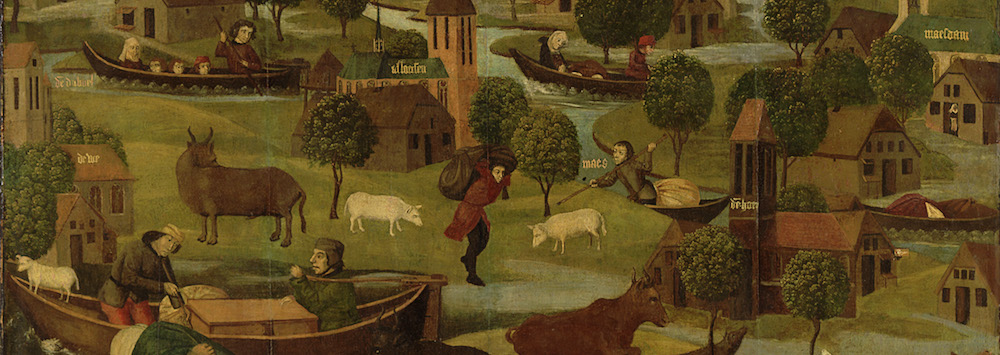

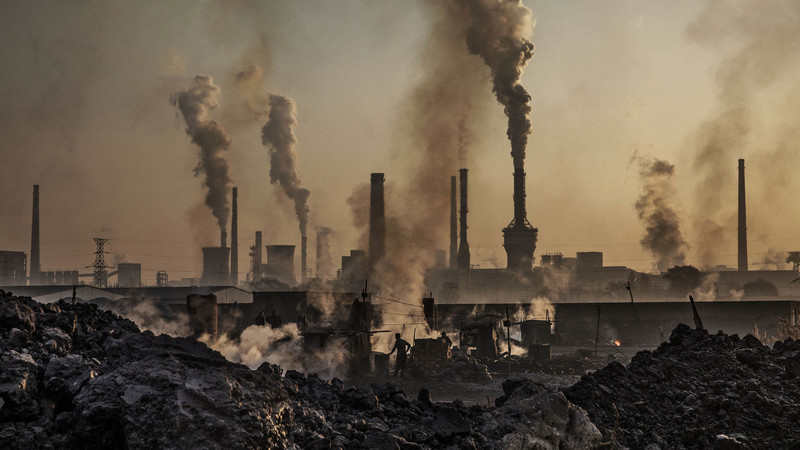
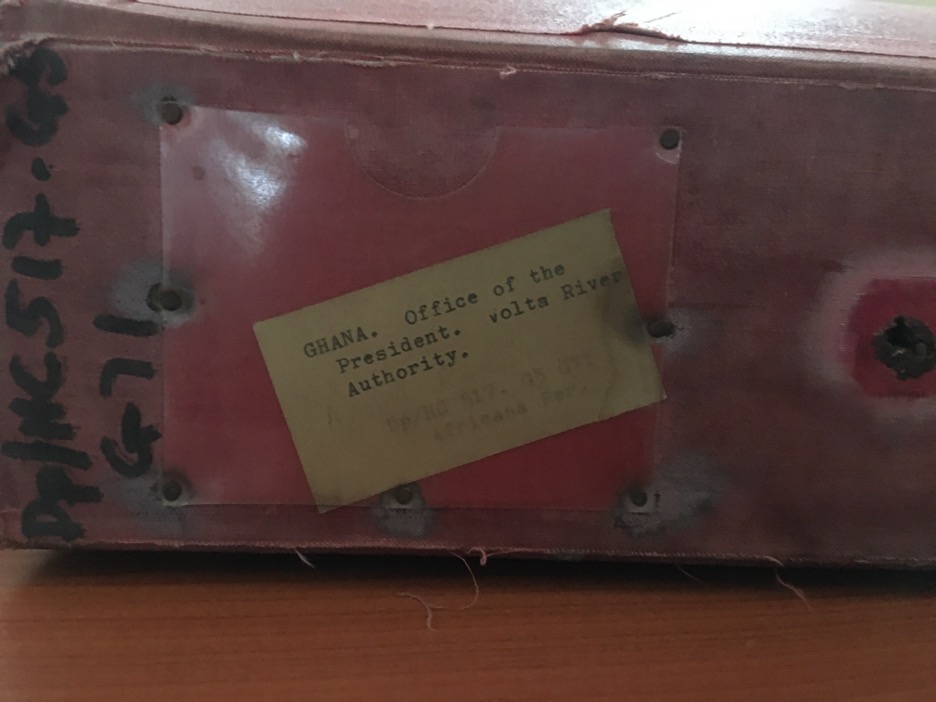

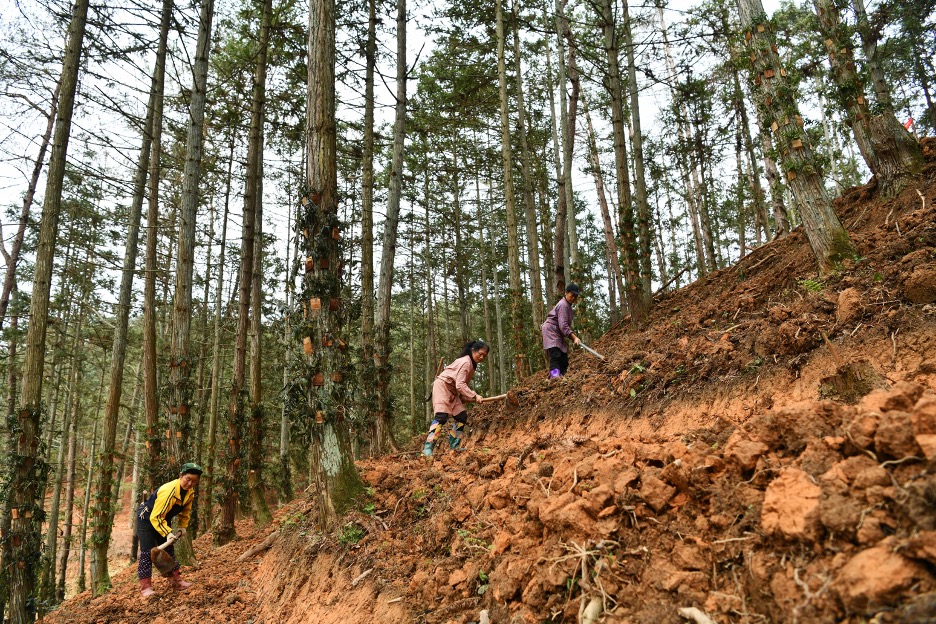
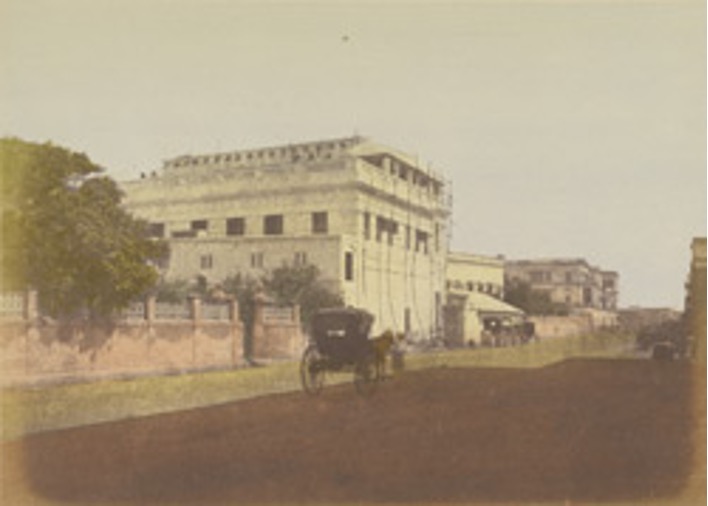
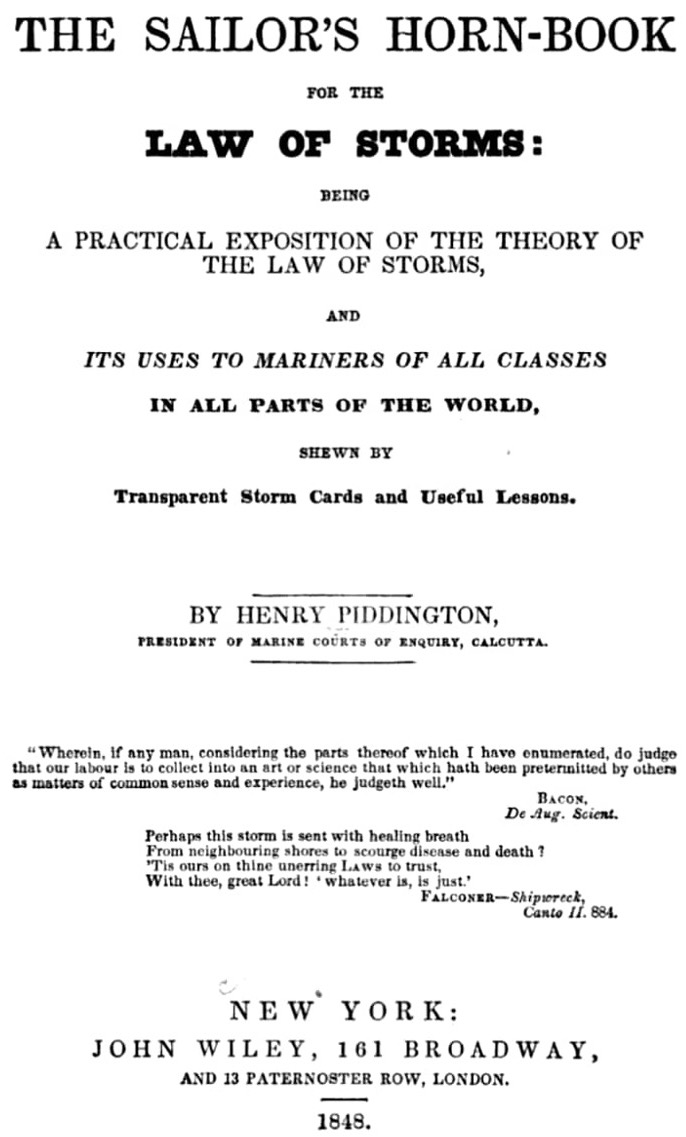
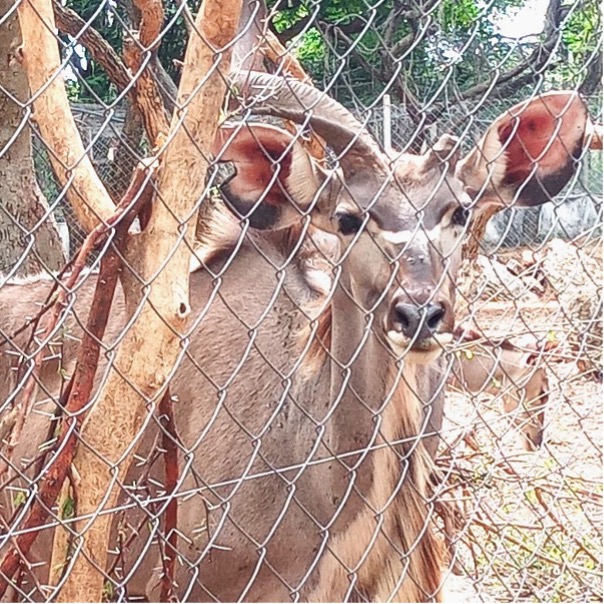




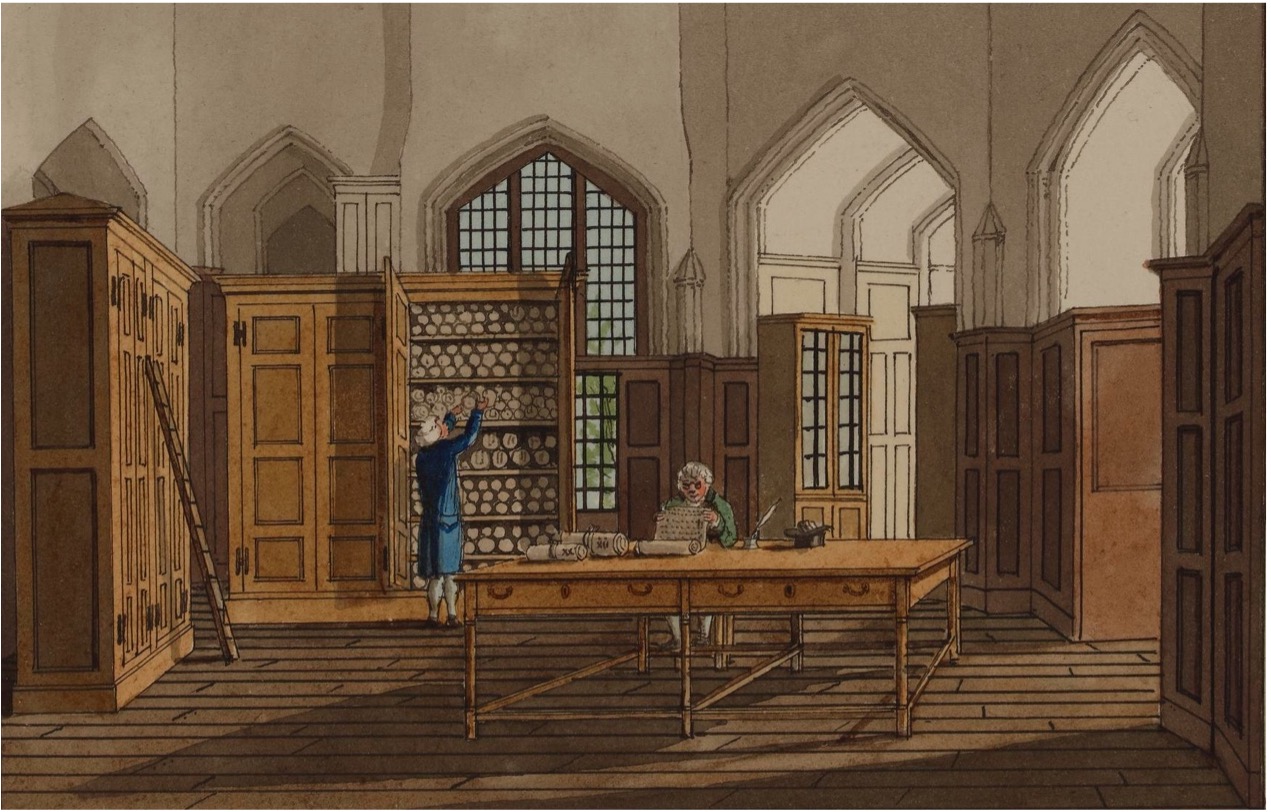

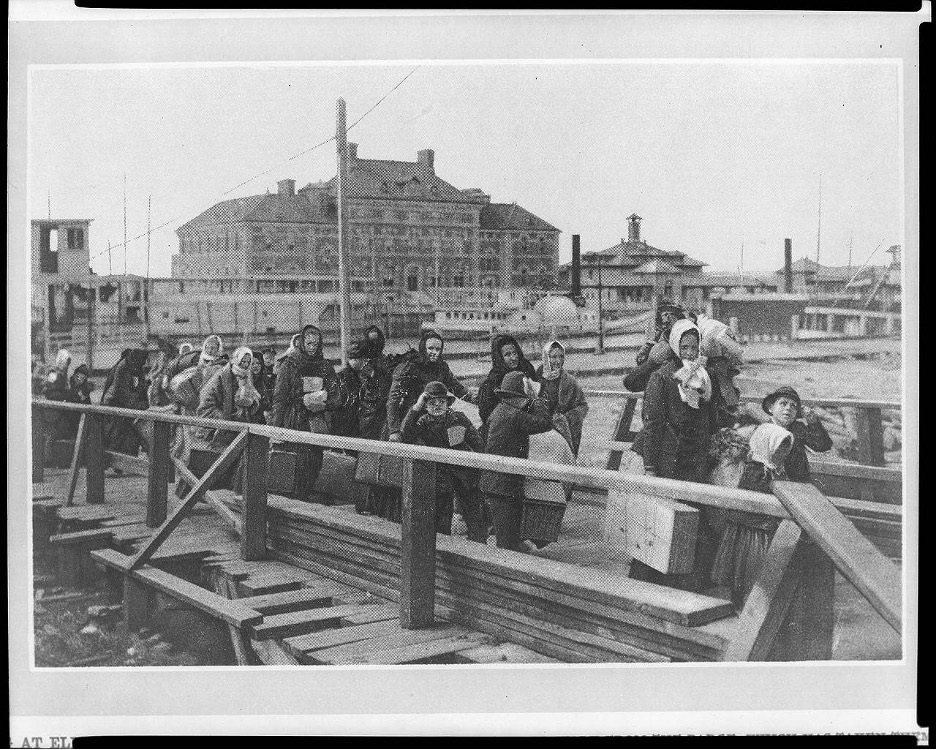

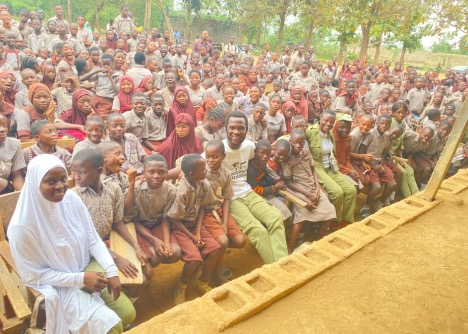
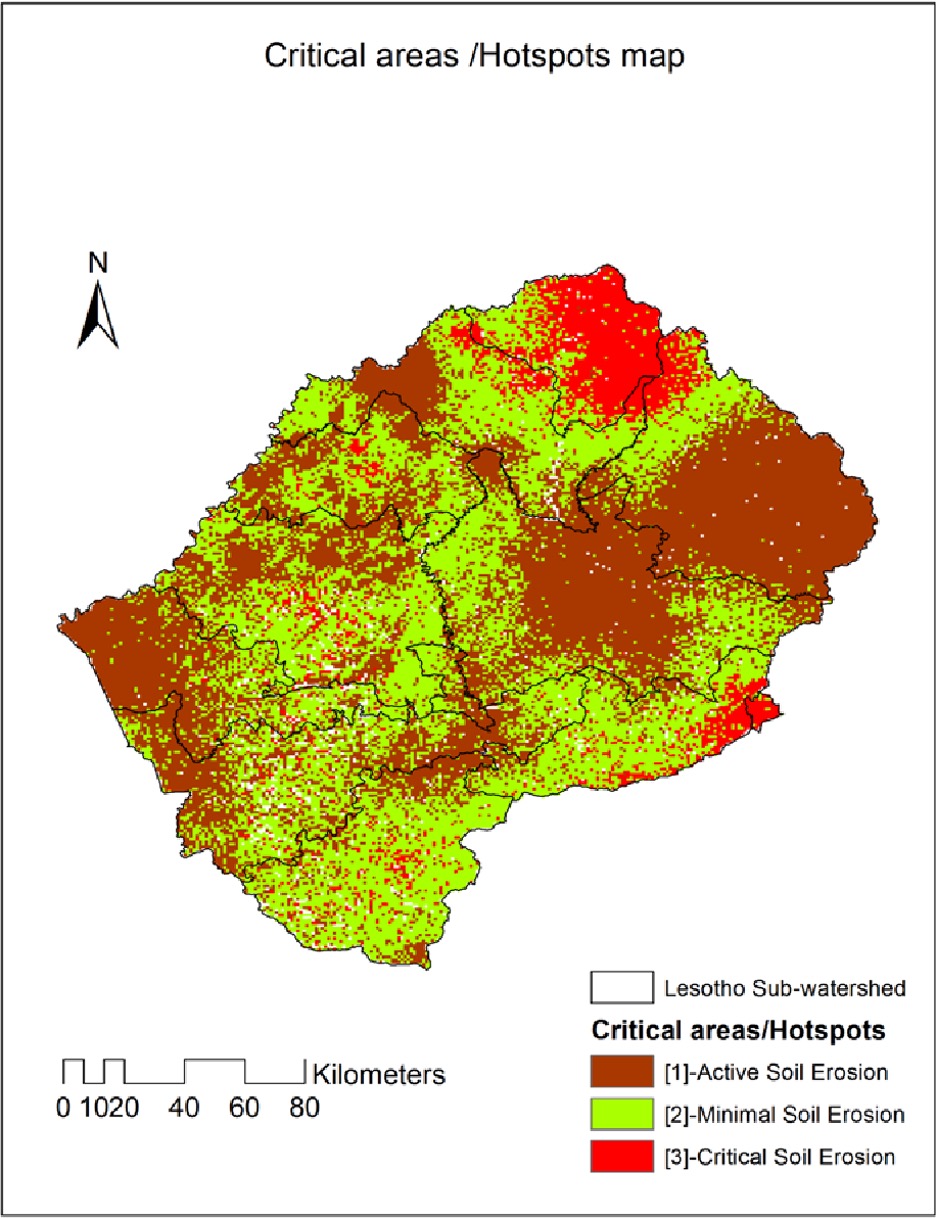
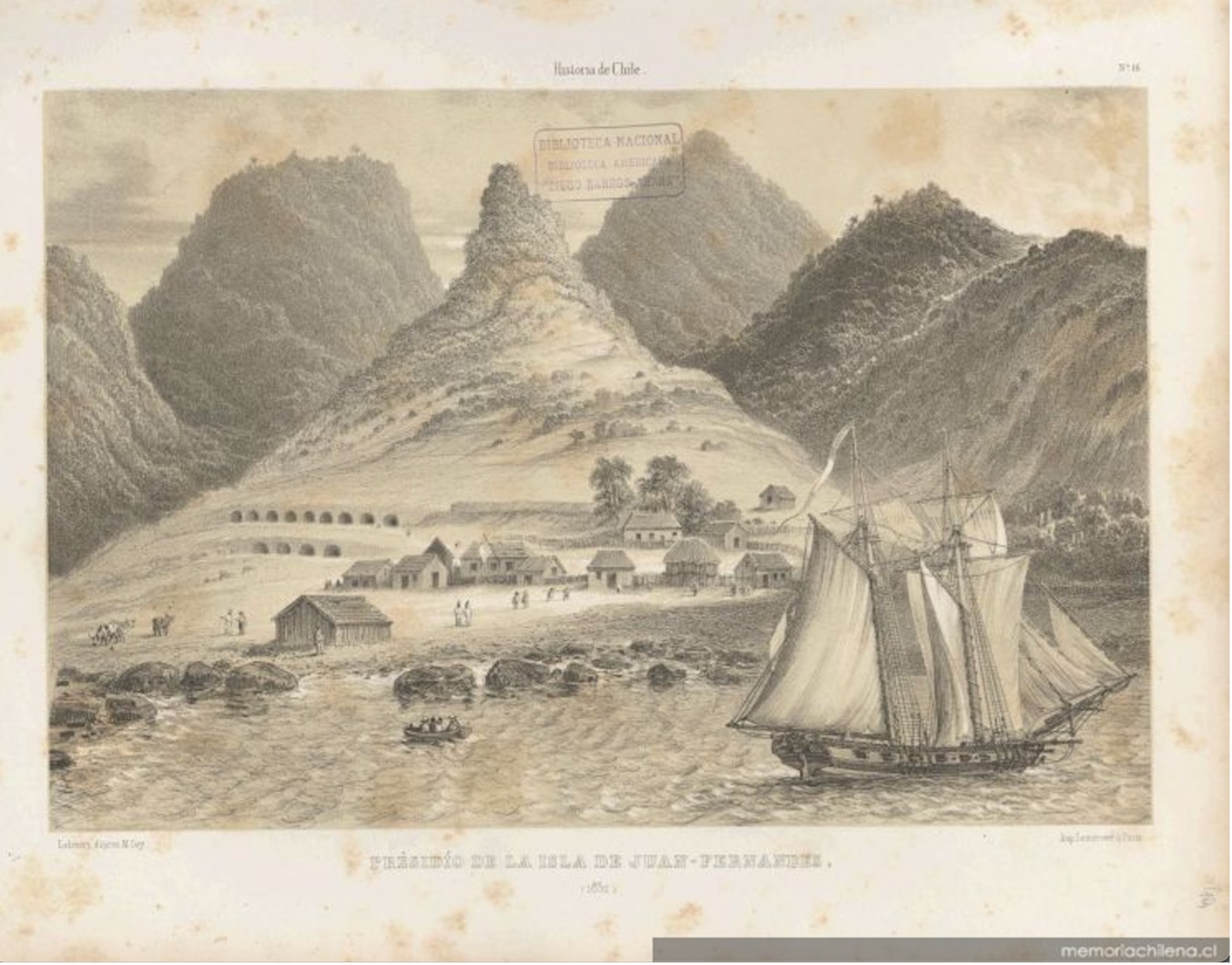



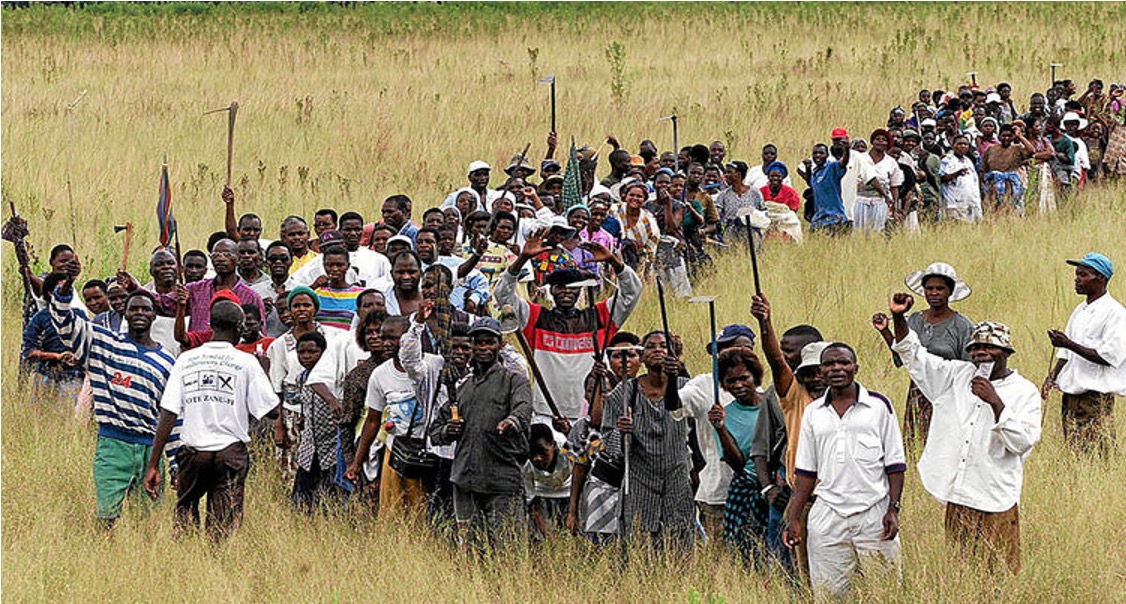

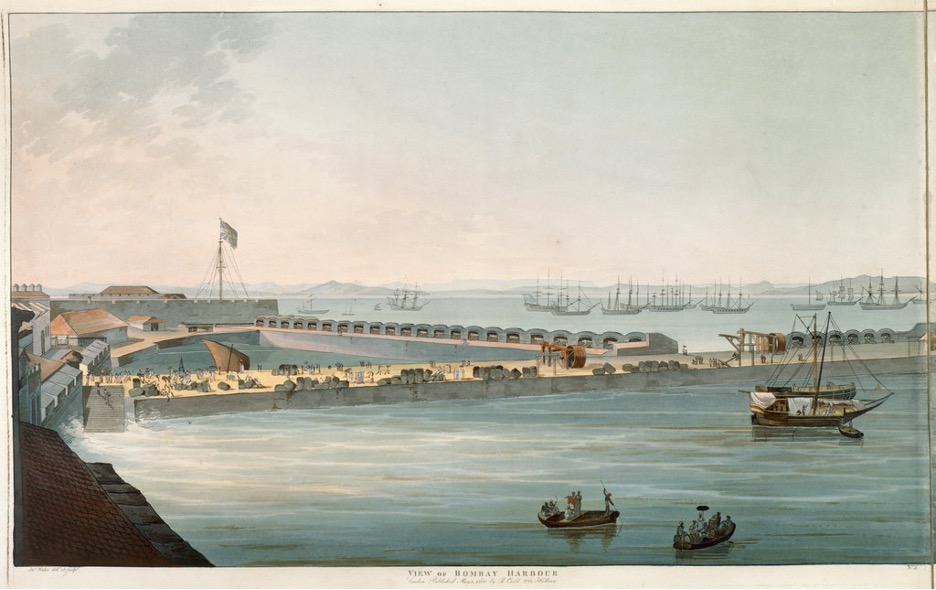

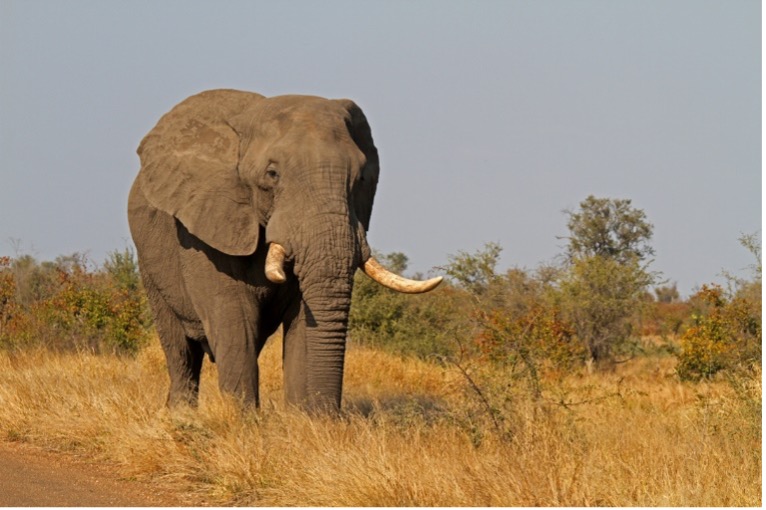
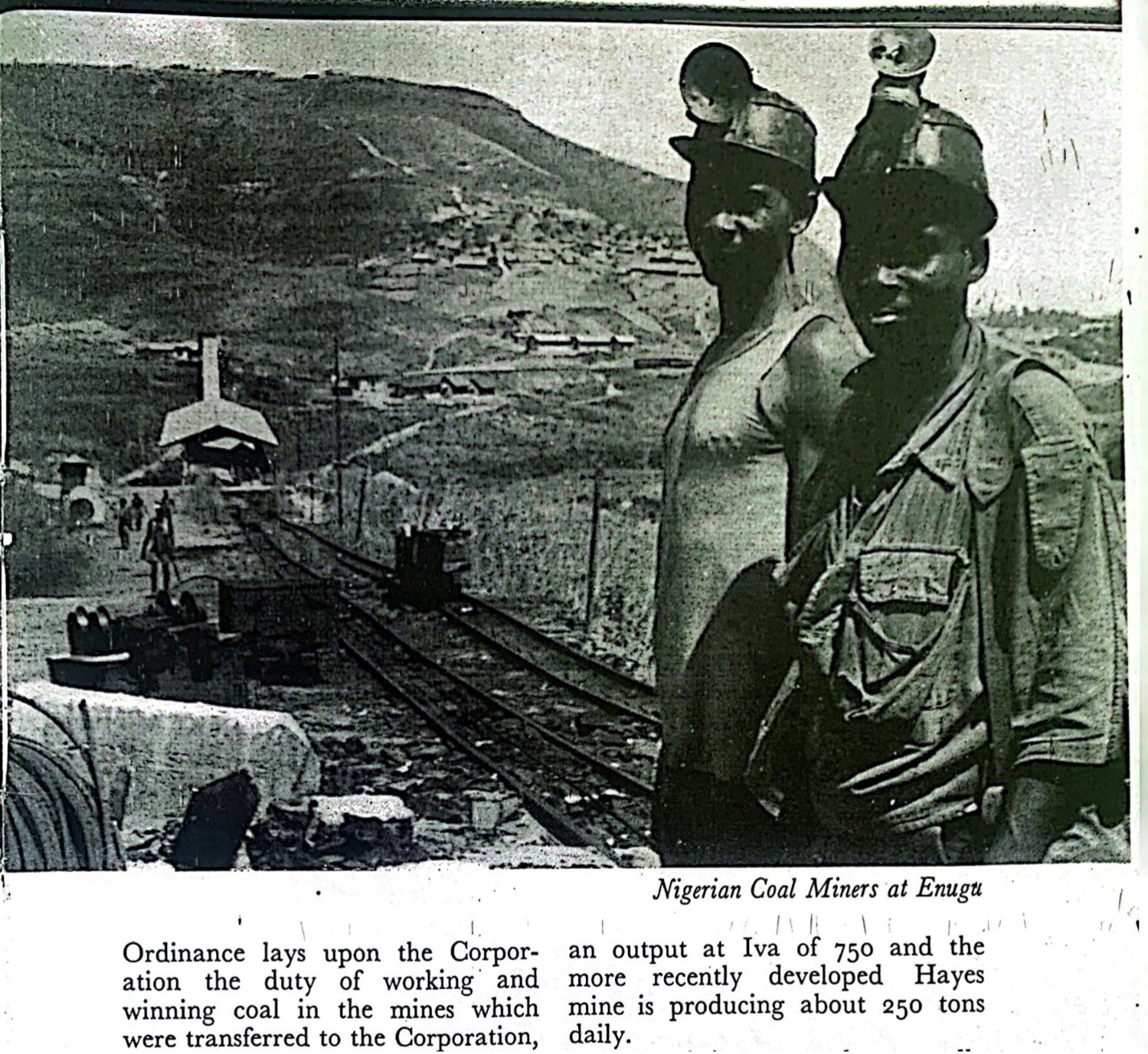



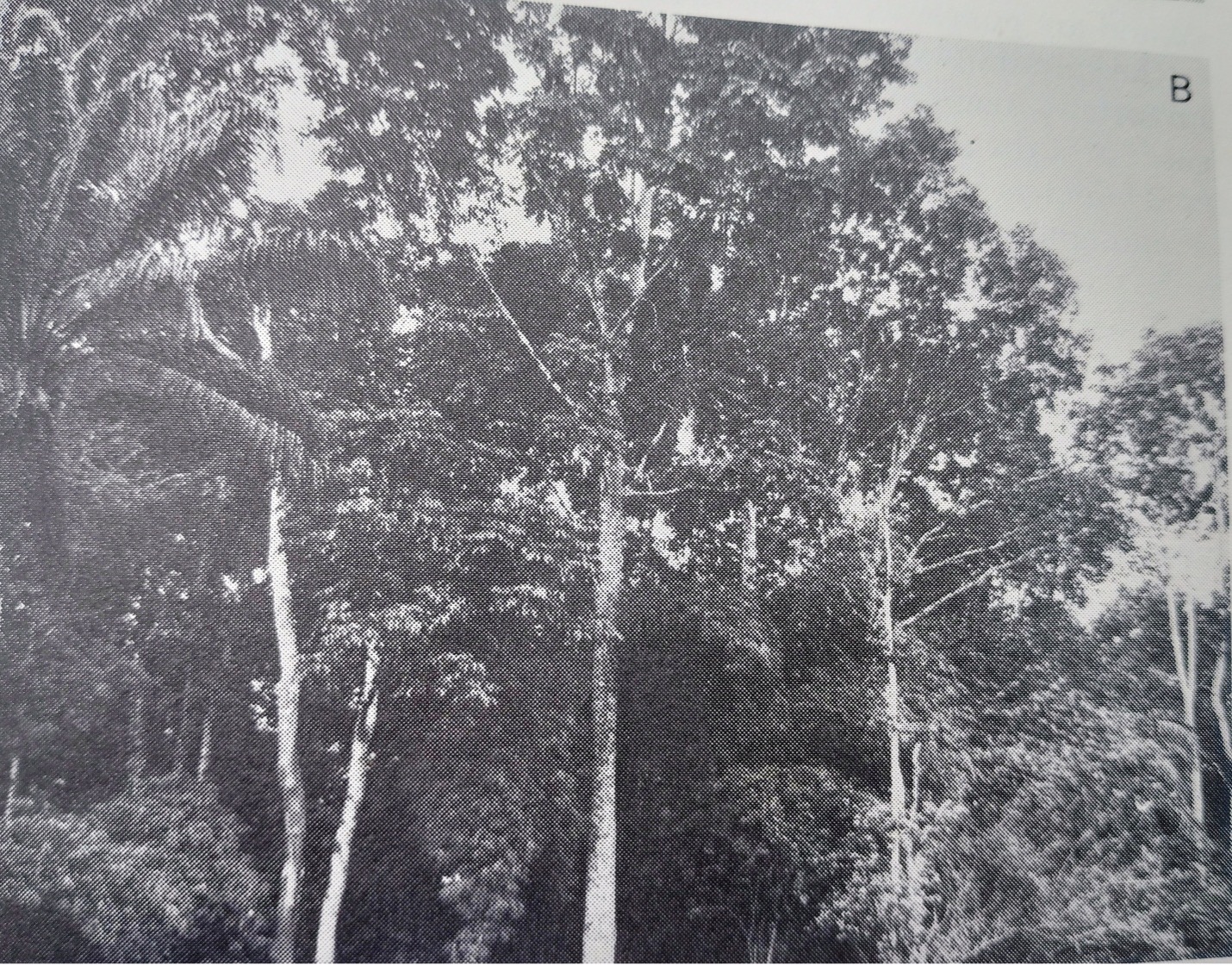
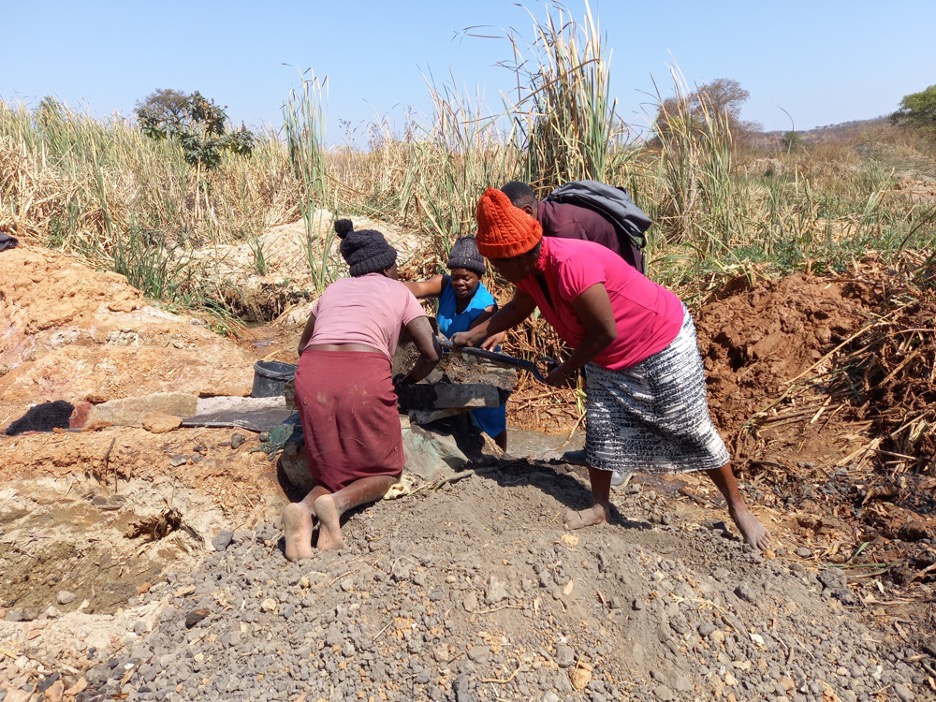
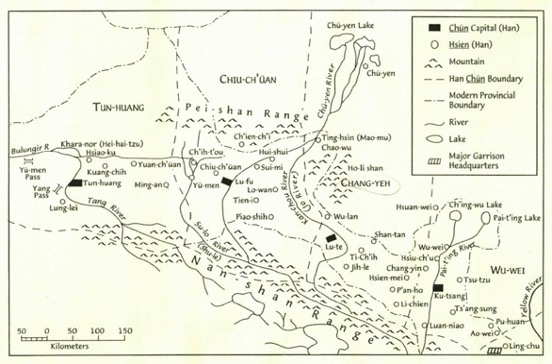
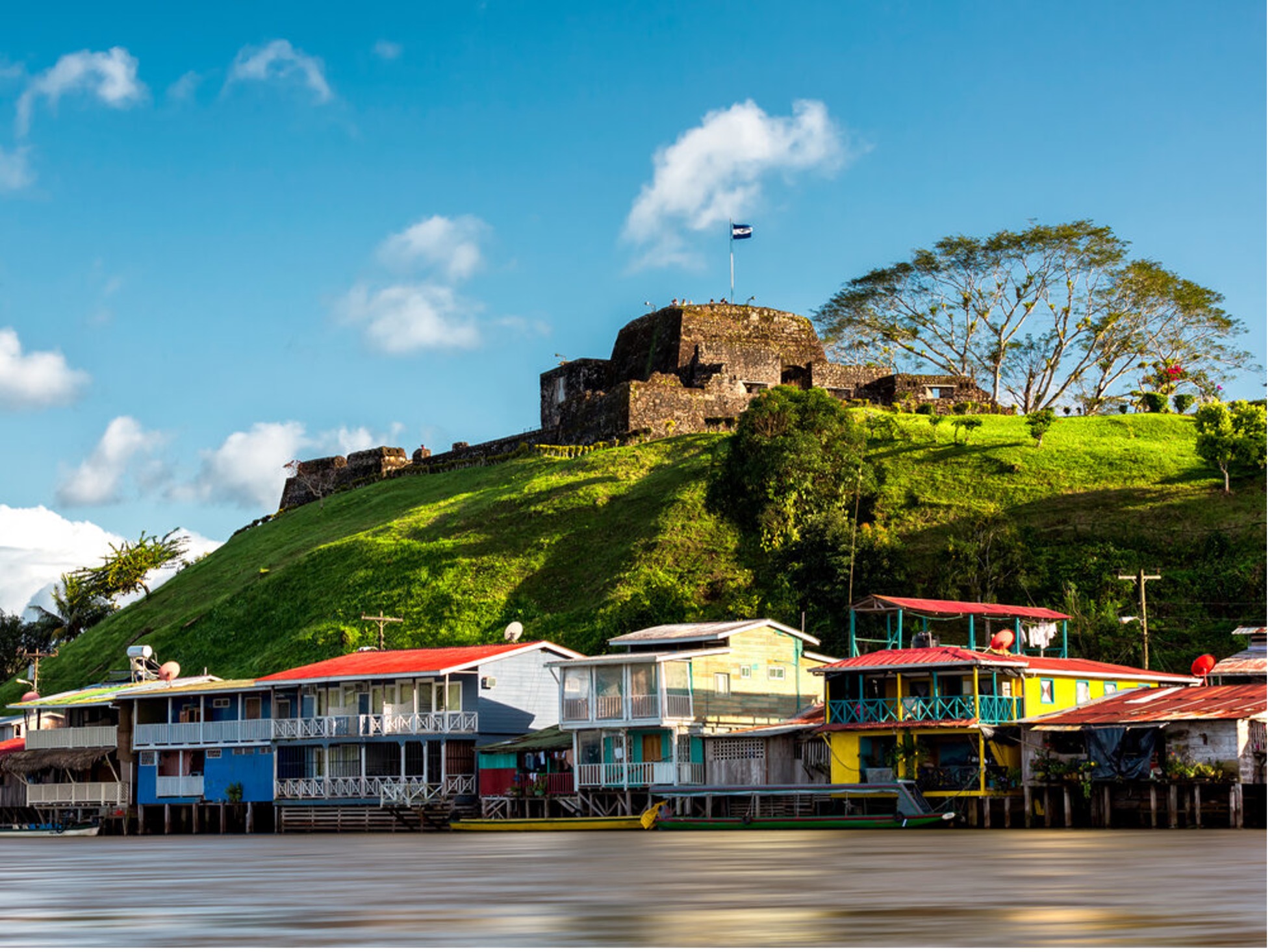
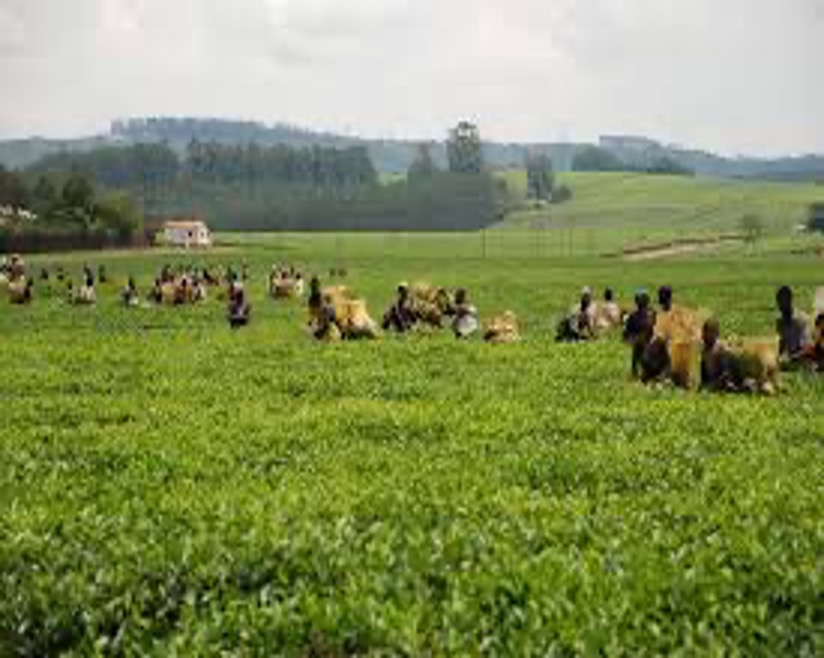

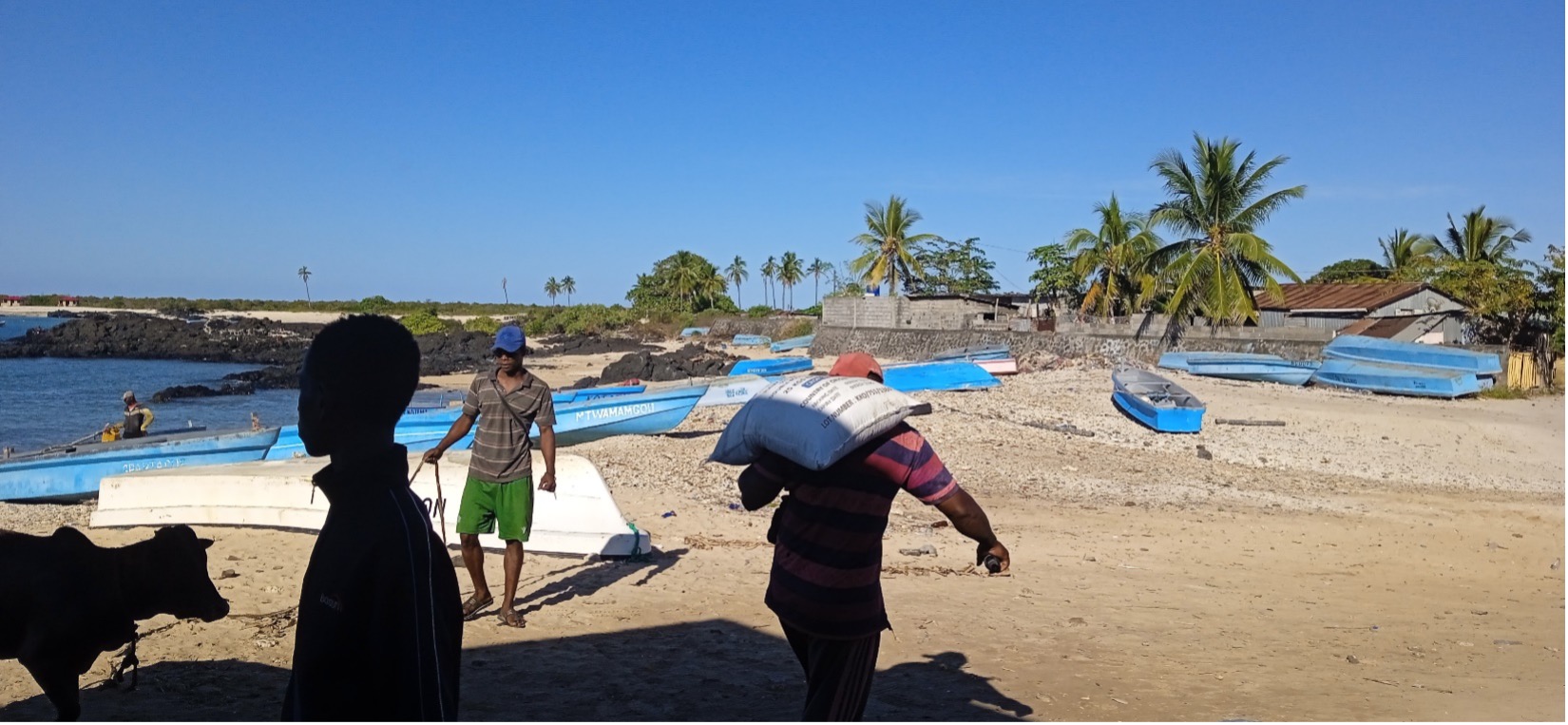
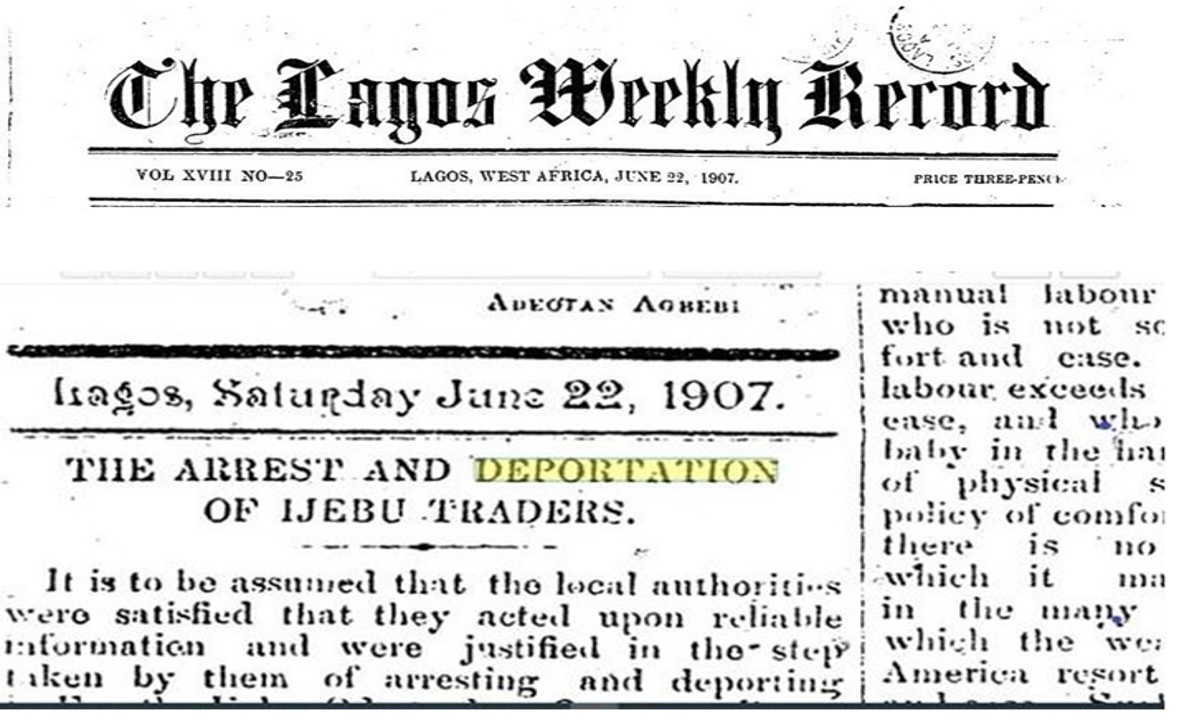
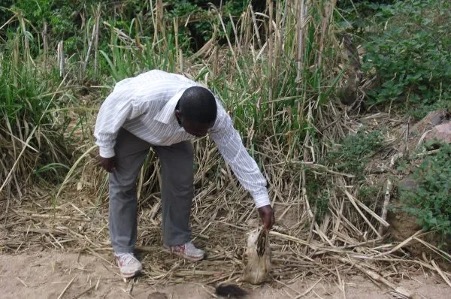

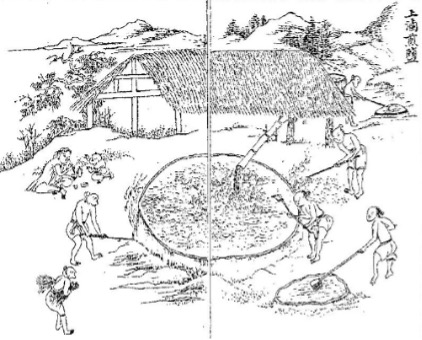
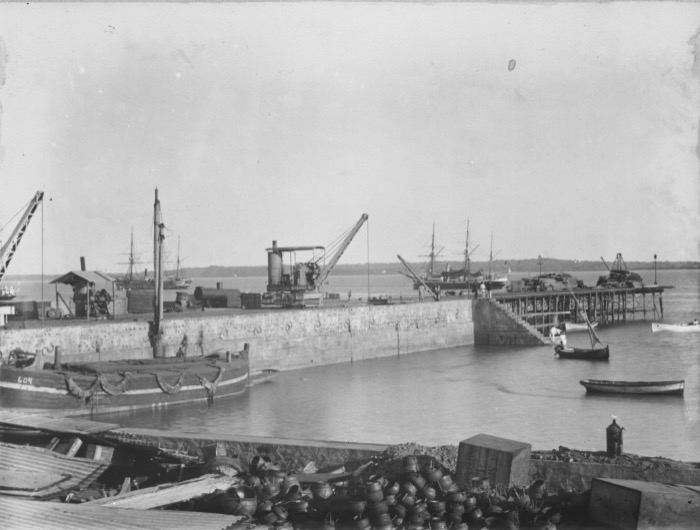
![Cluster analysis of hotspots based on urban greenery in Singapore (1950). Map by Marcus Yee; basemap by Historical Maps of Singapore, 1950 - Singapore [ca. 1:6,336] Aerial Photographs. Cluster analysis of hotspots based on urban greenery in Singapore (1950). Map by Marcus Yee; basemap by Historical Maps of Singapore, 1950 - Singapore [ca. 1:6,336] Aerial Photographs.](images_new/yee.jpg)
